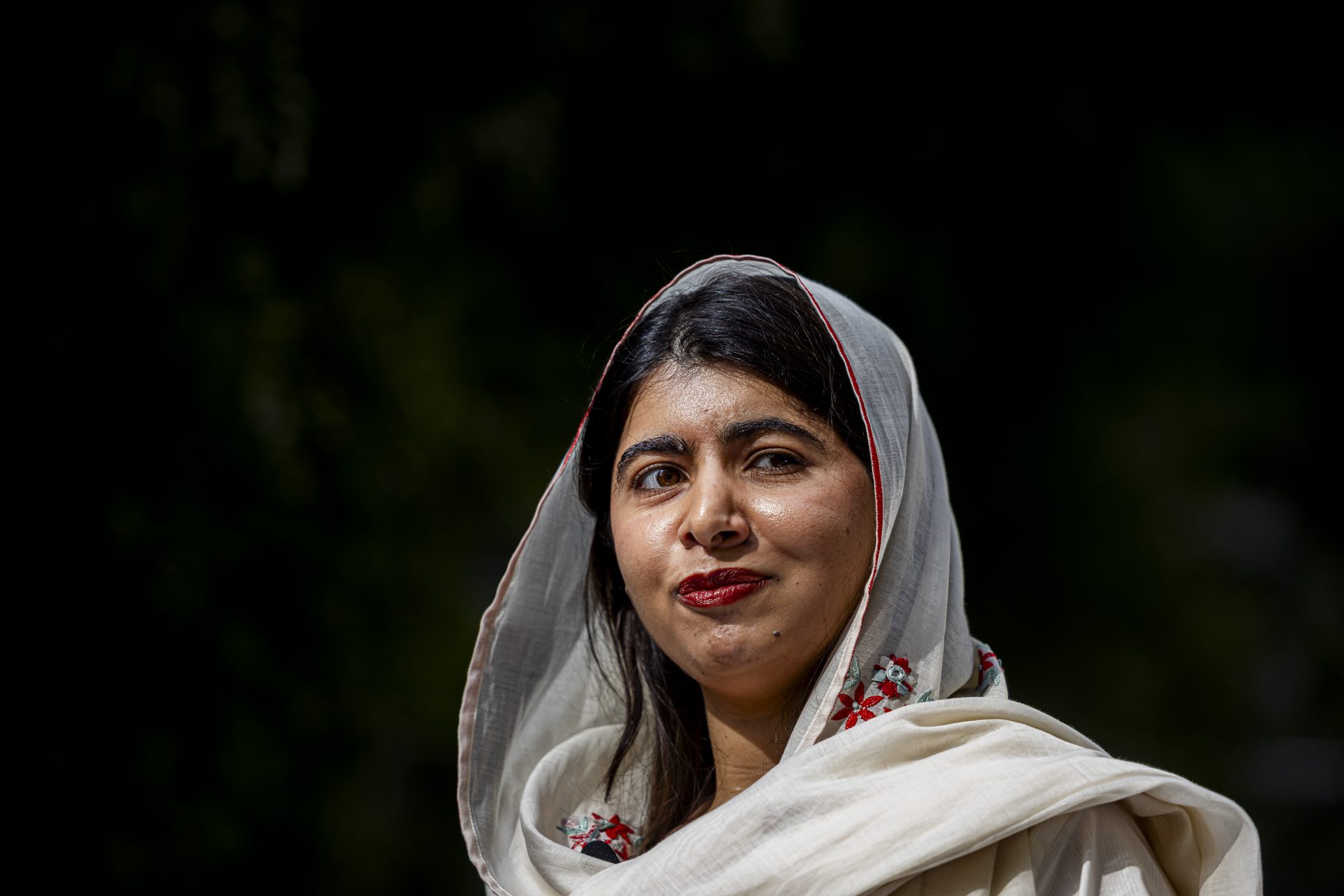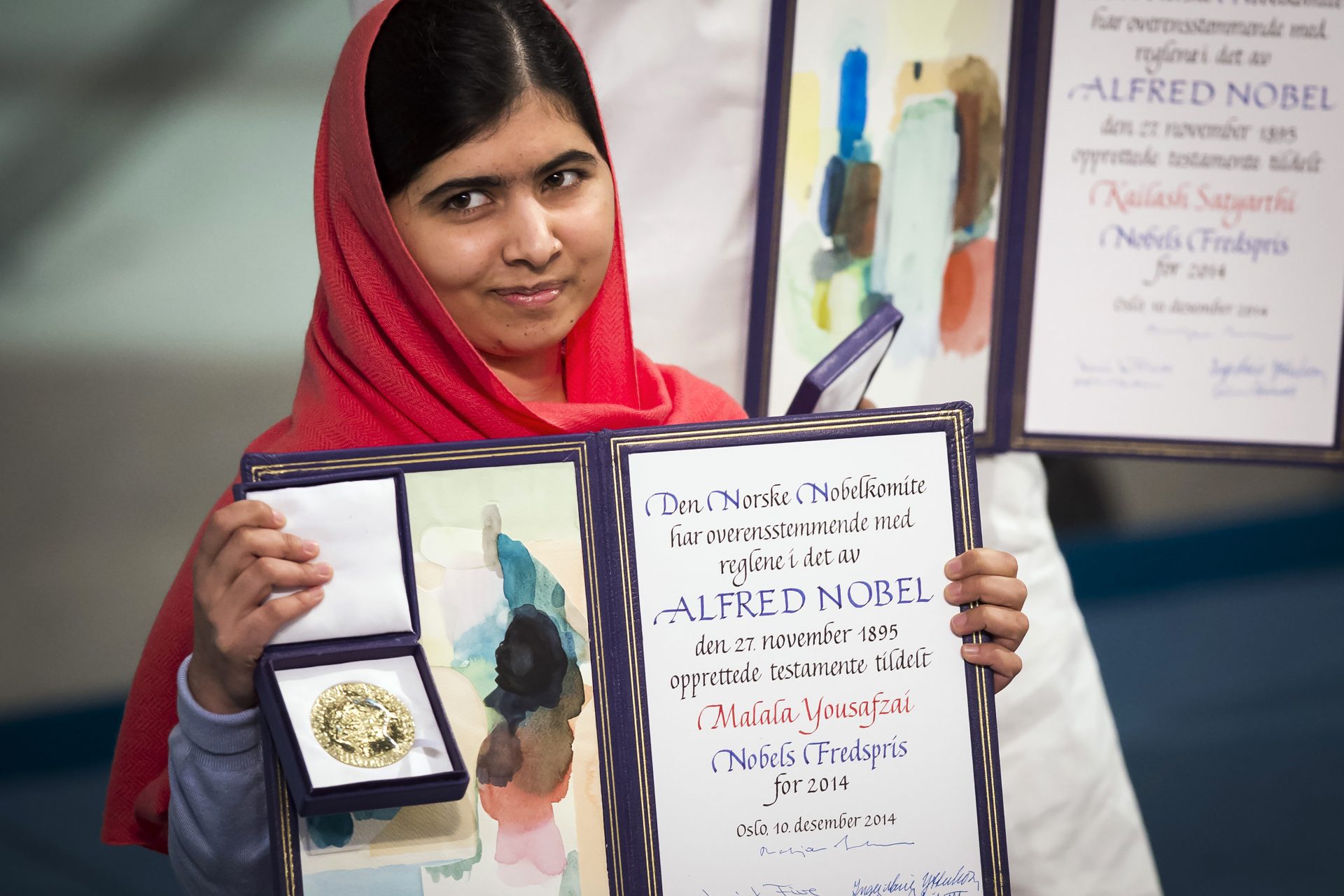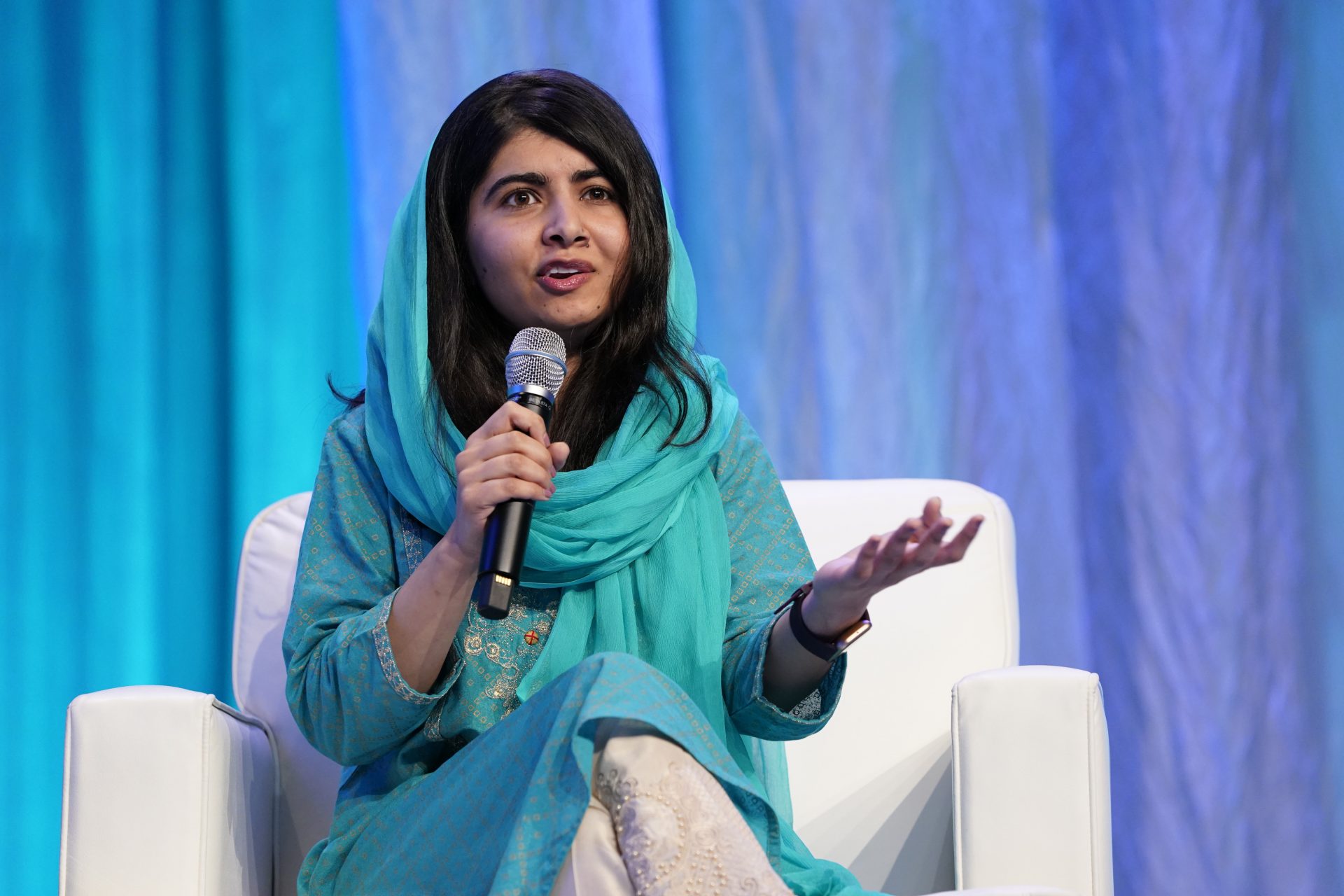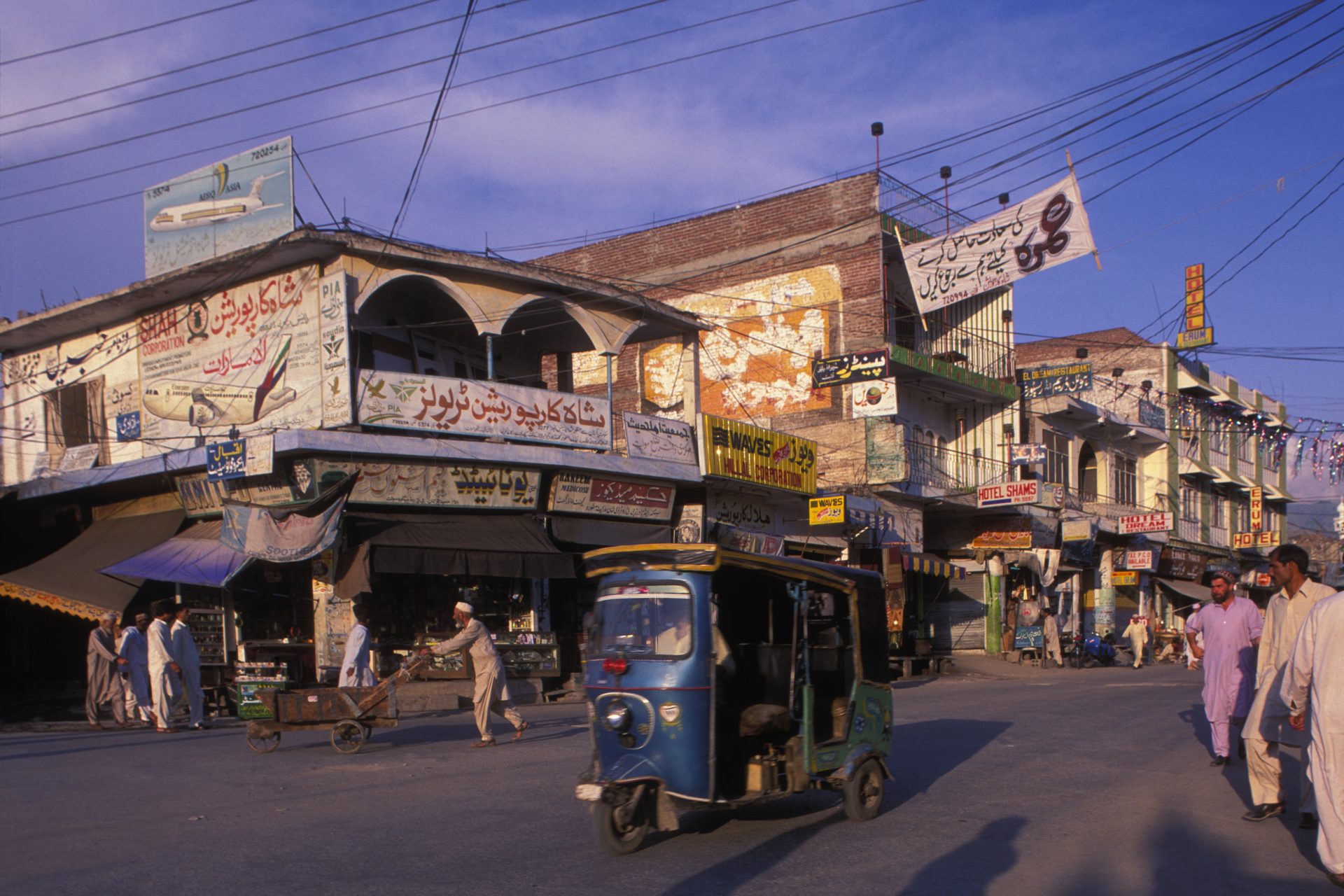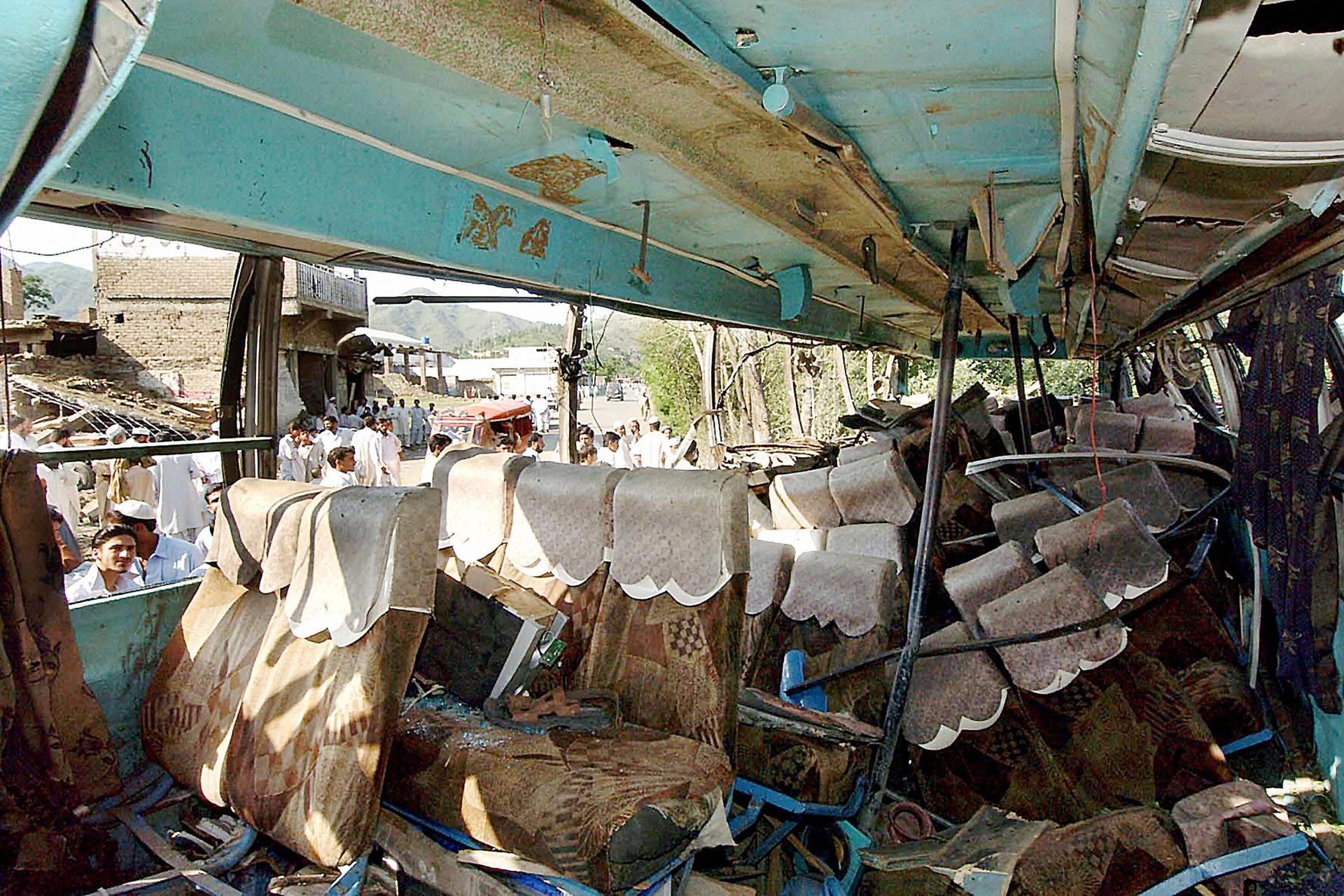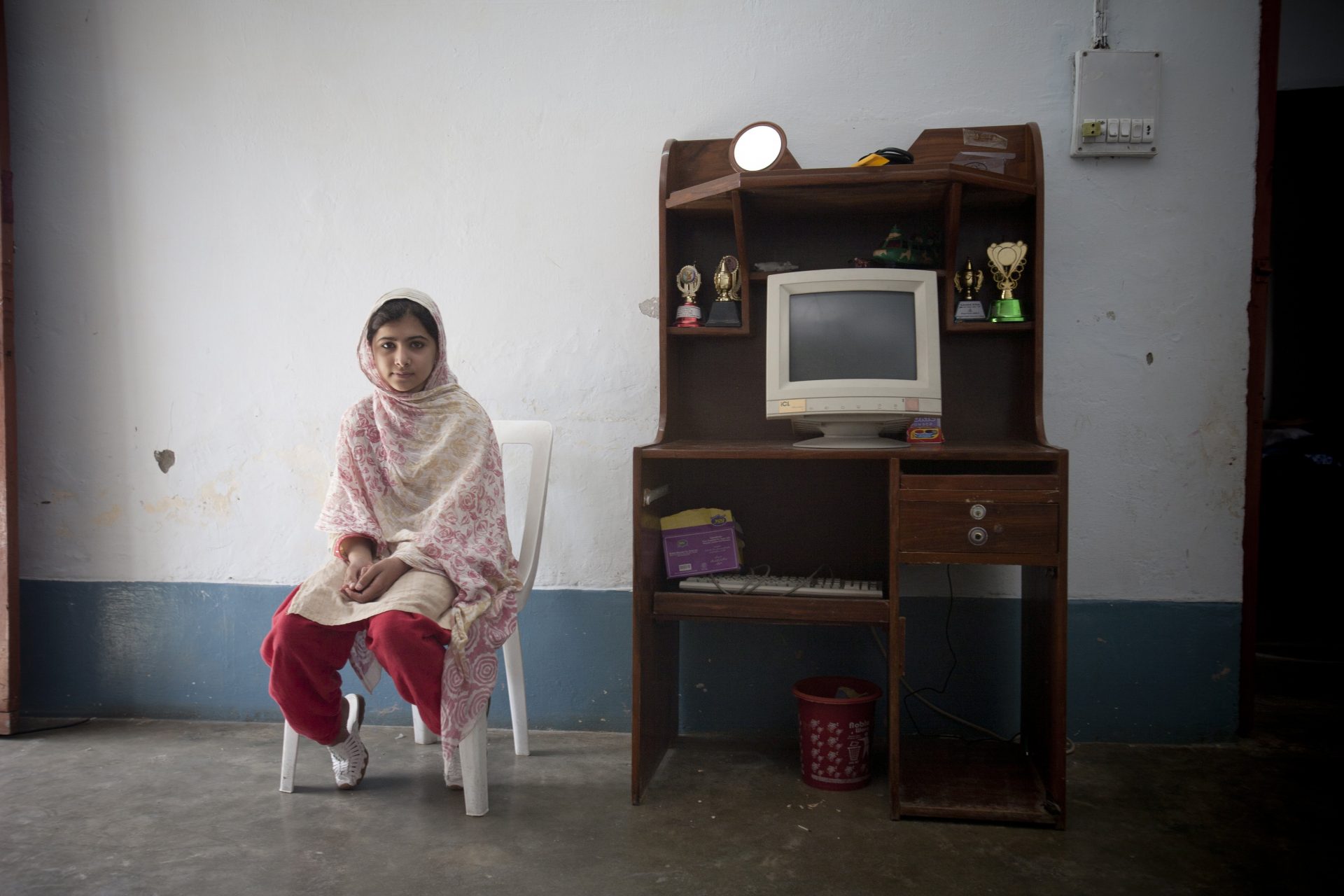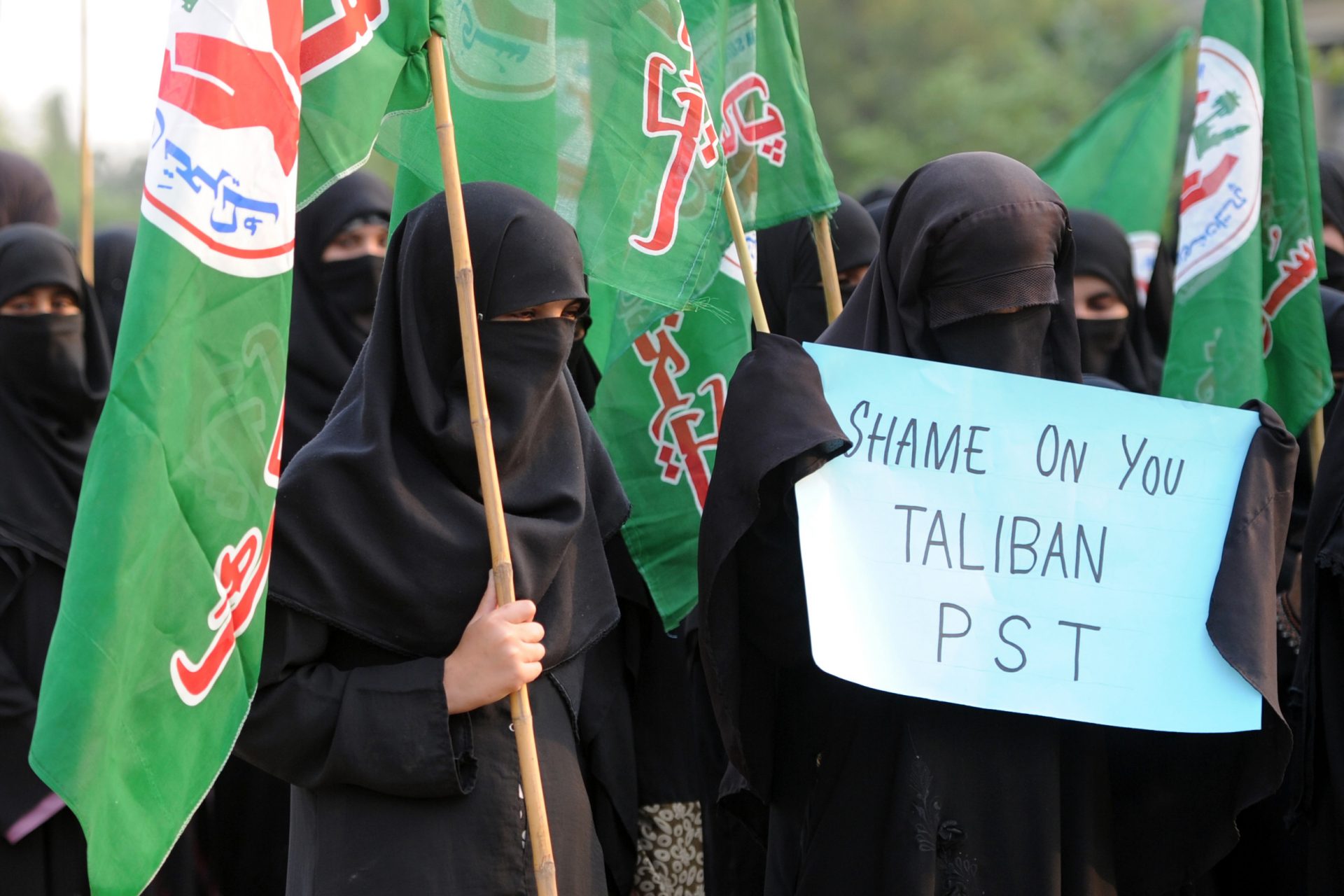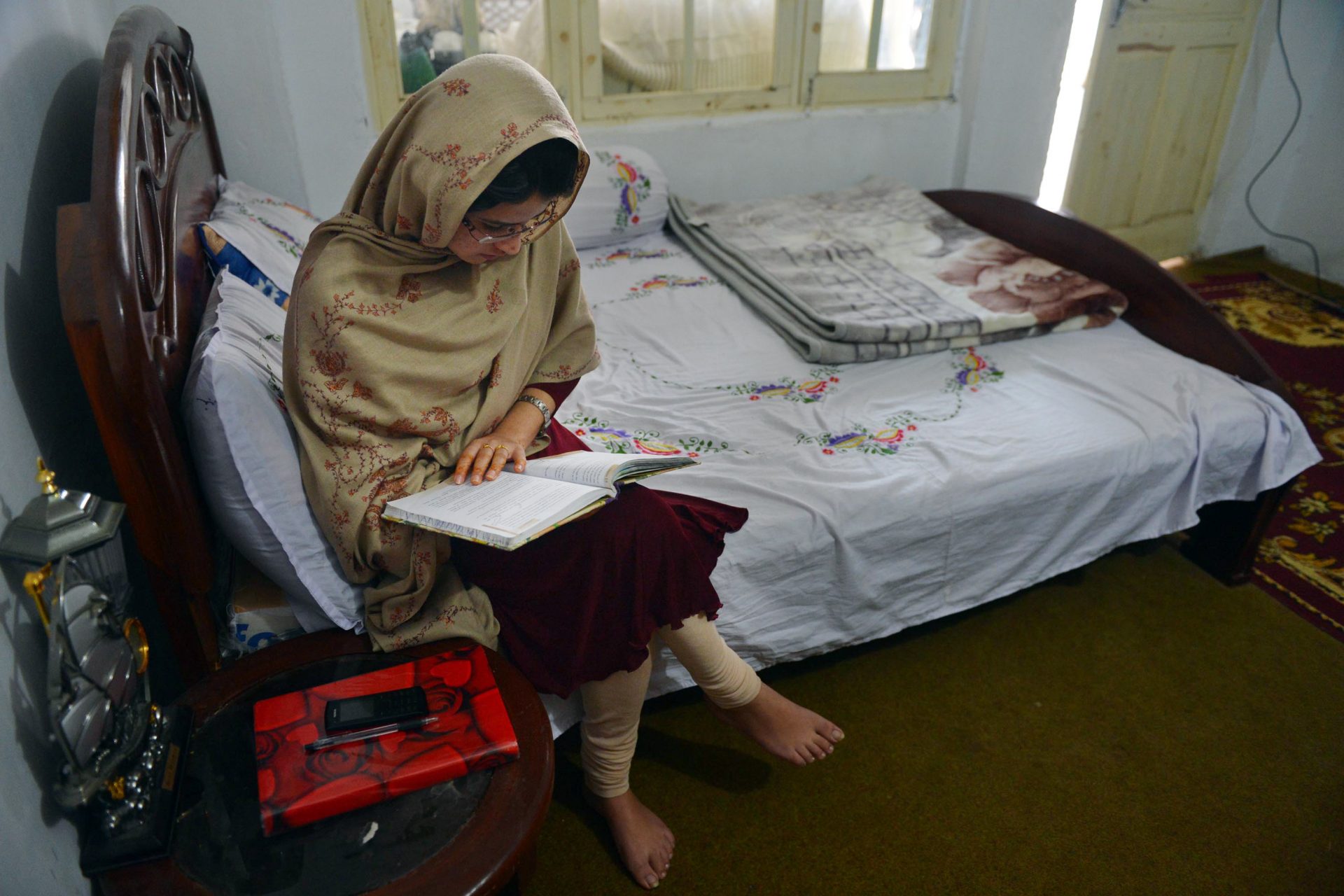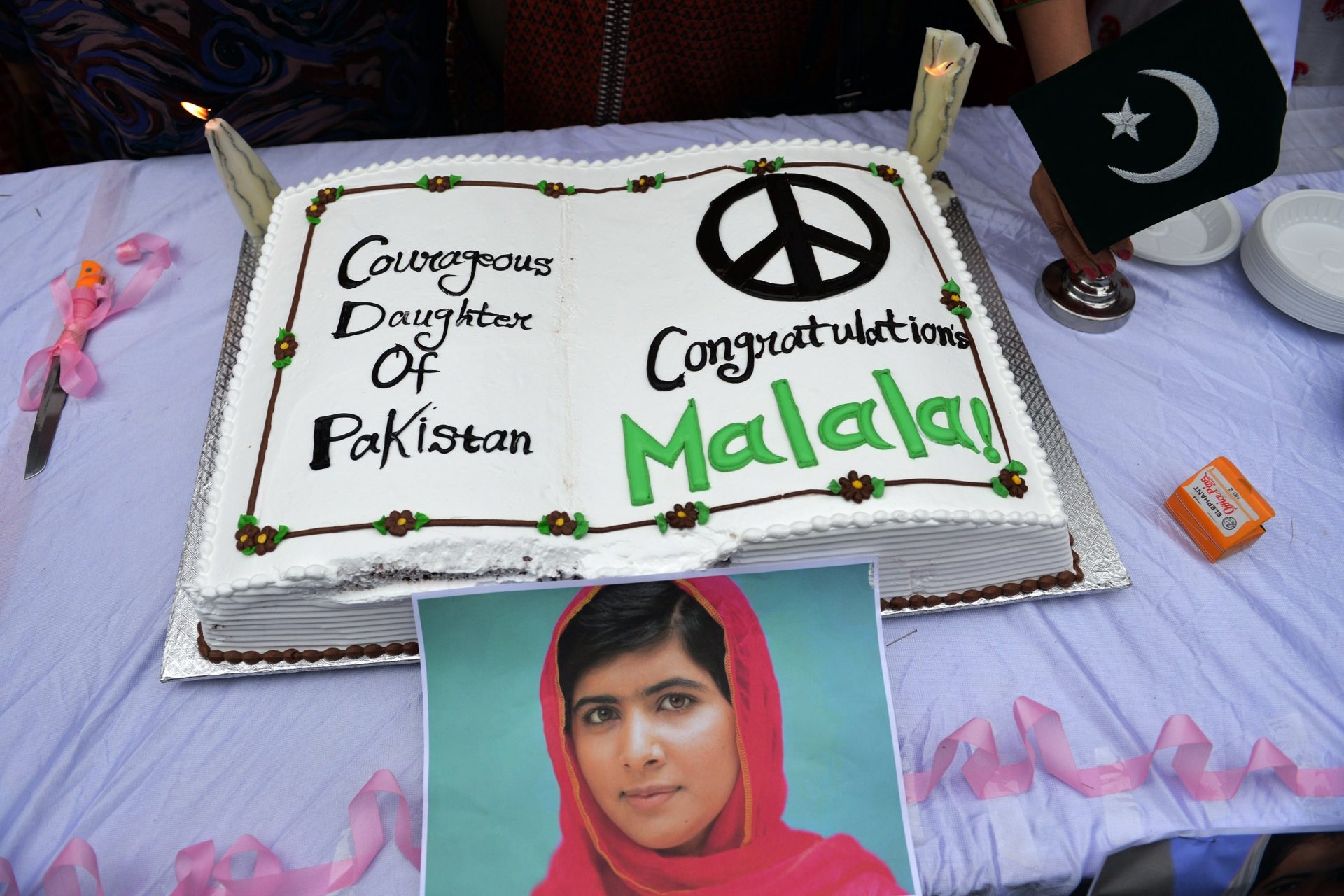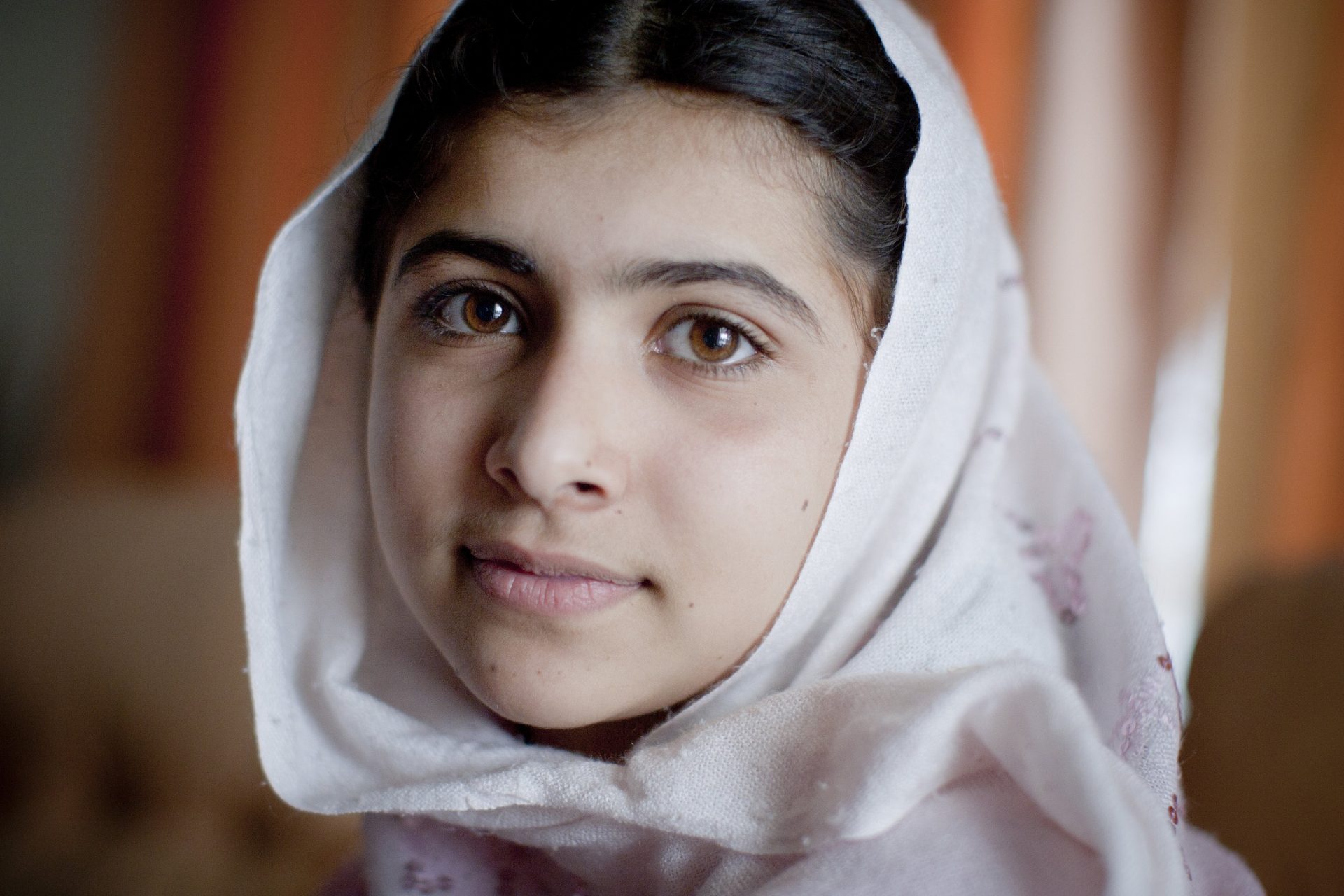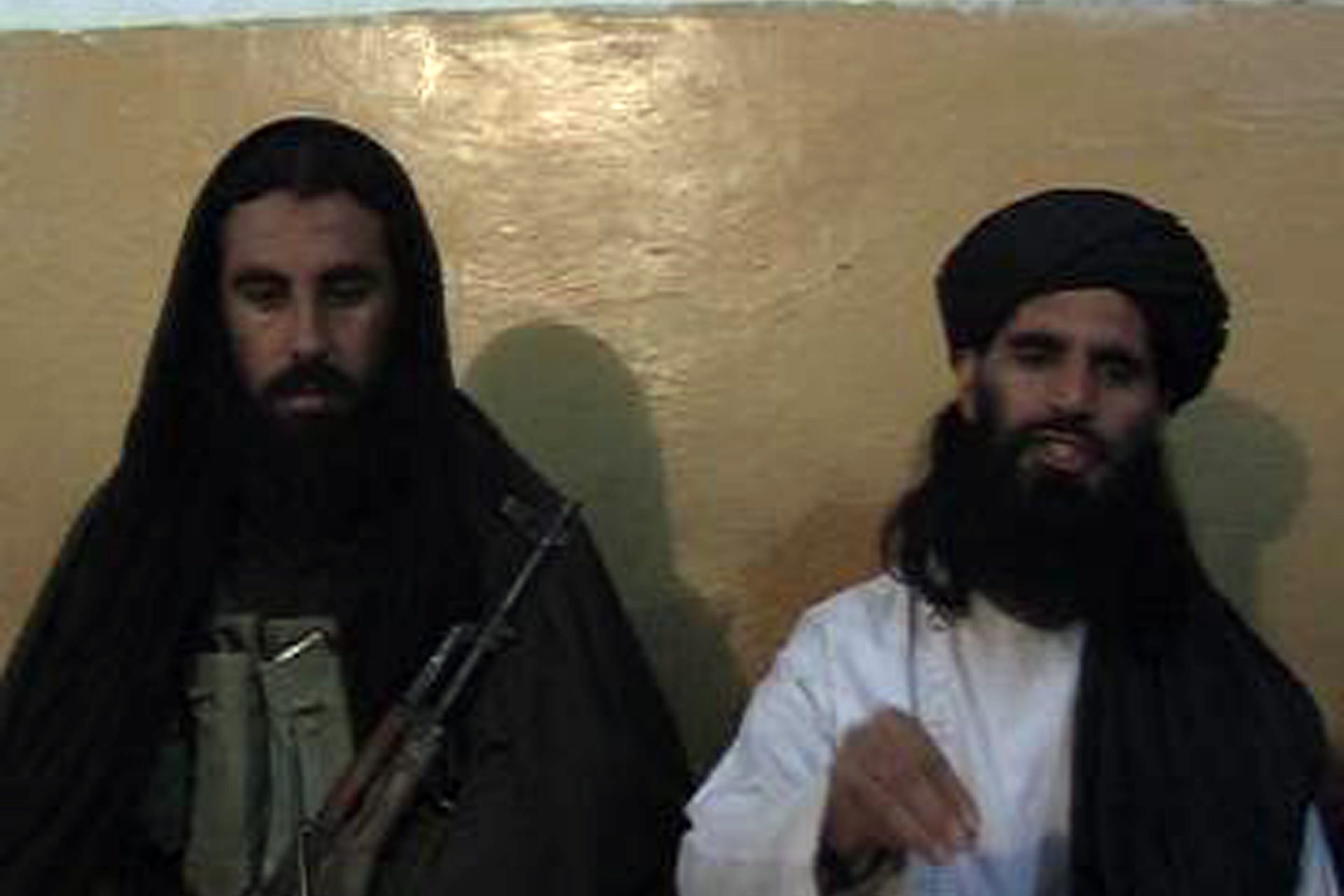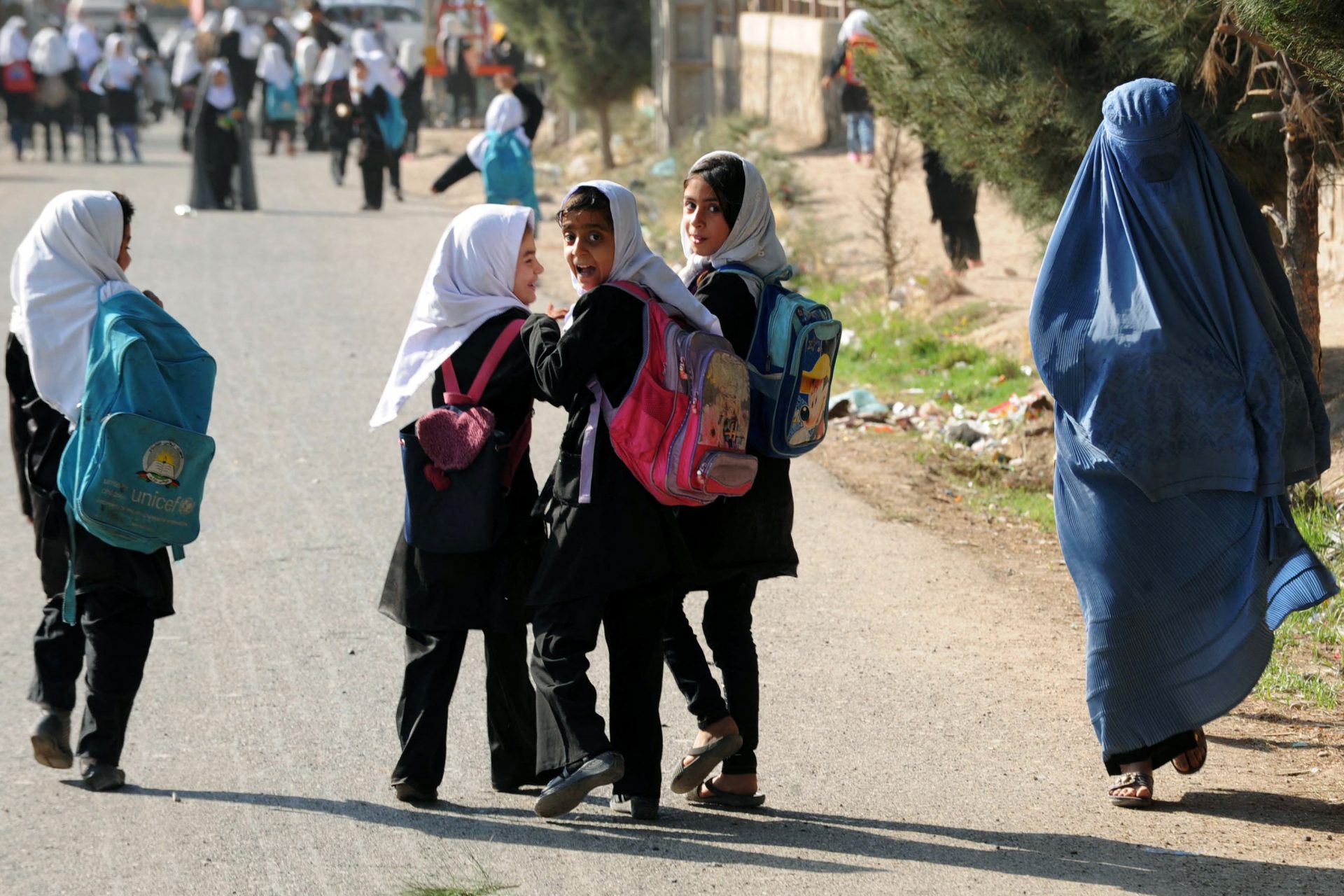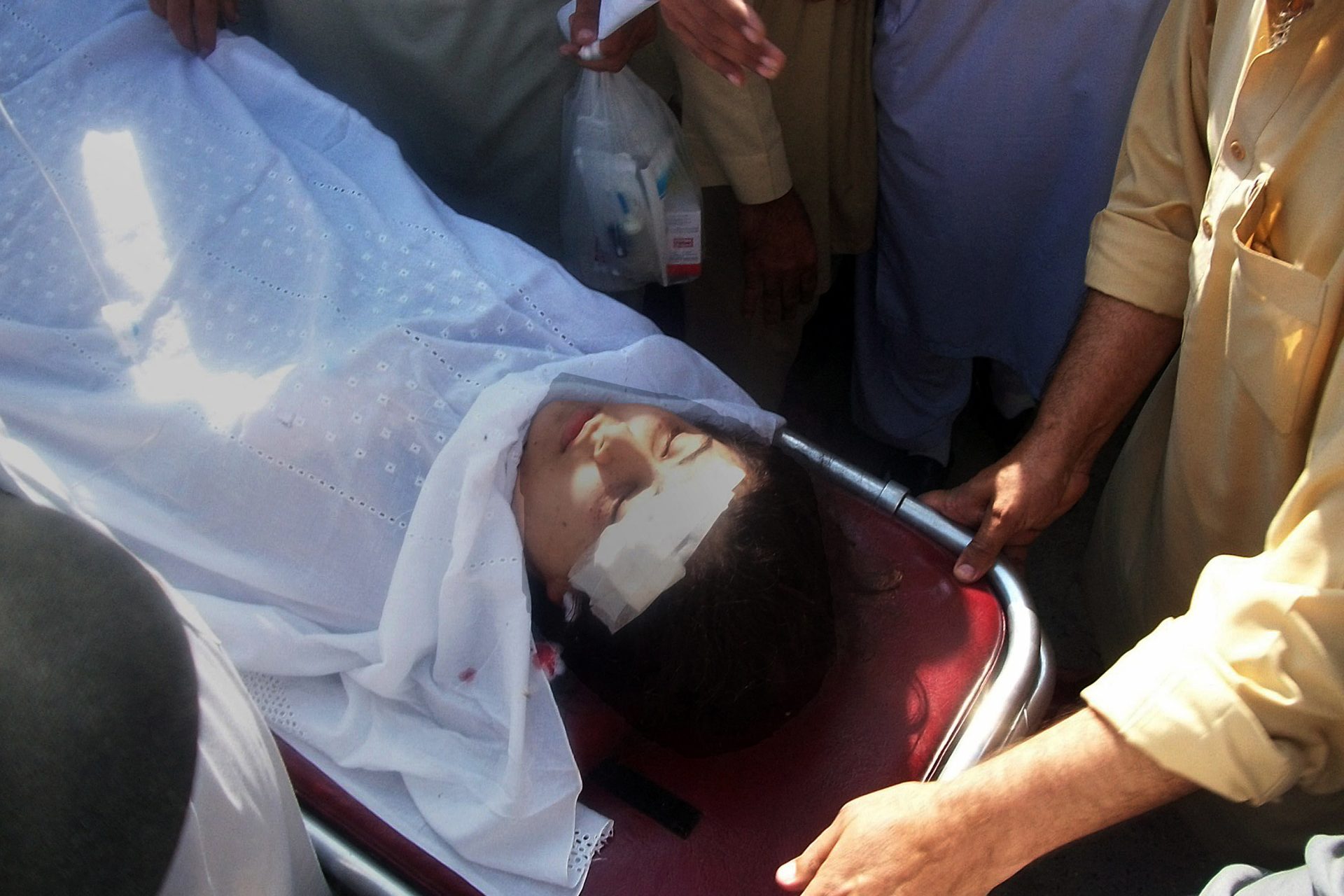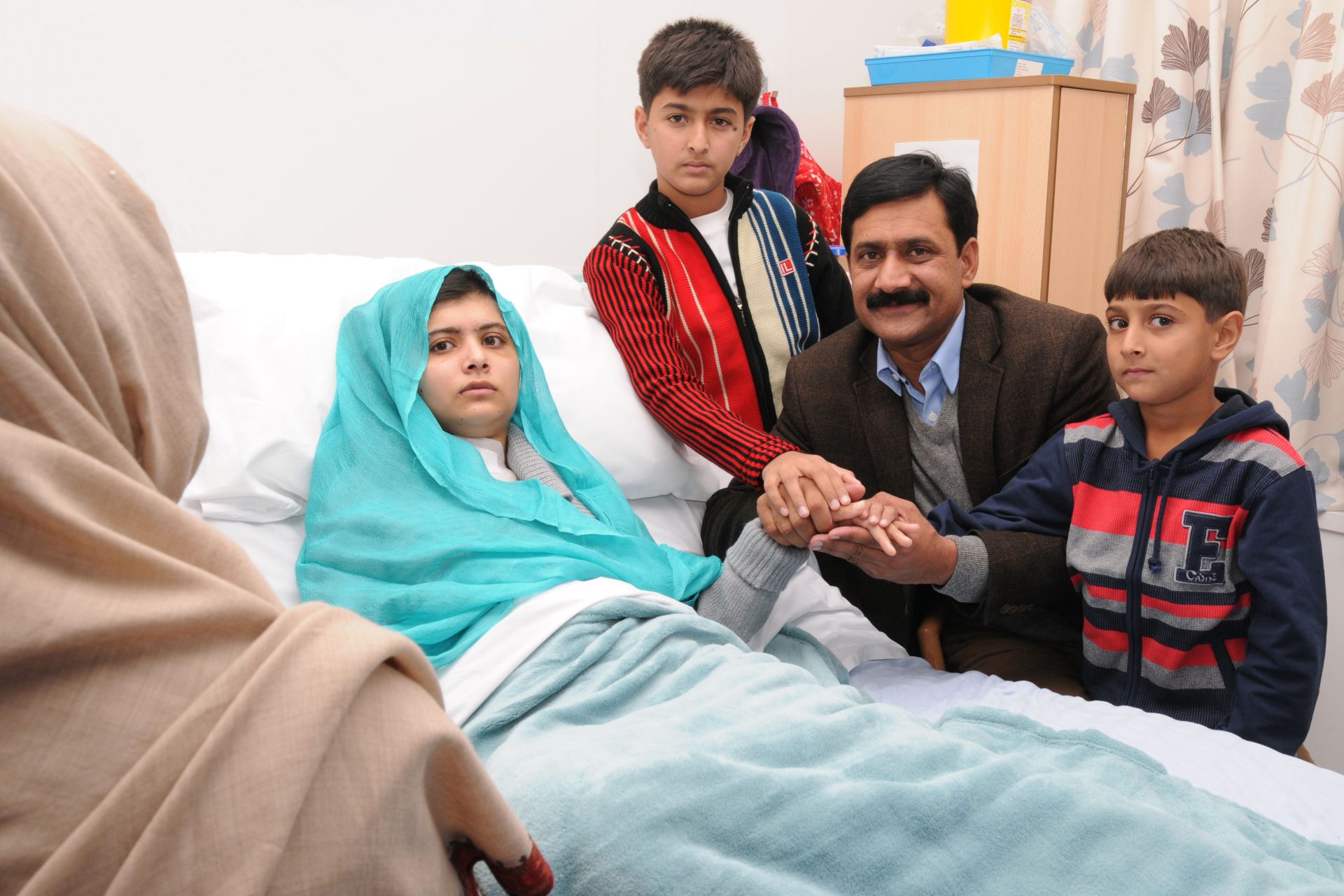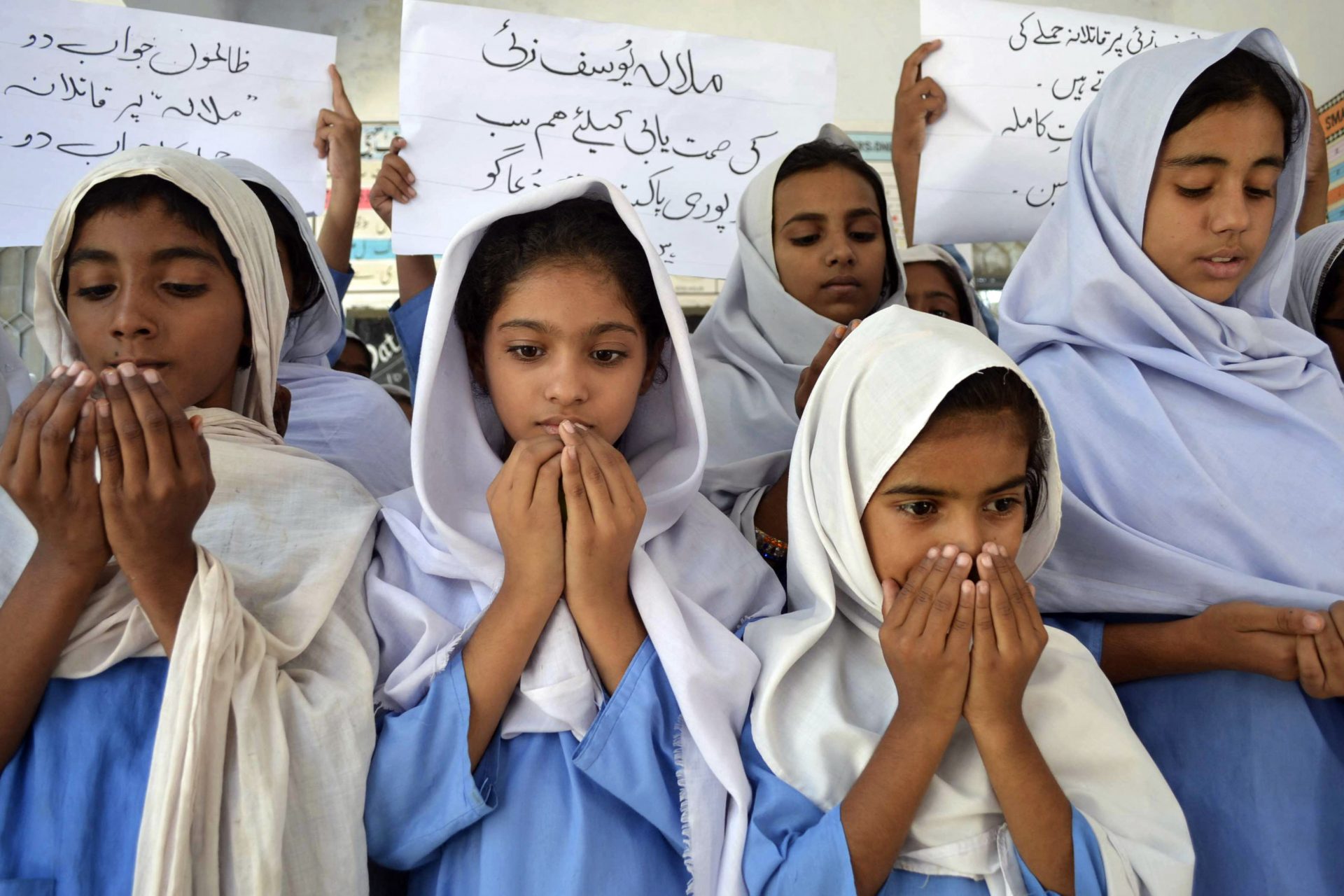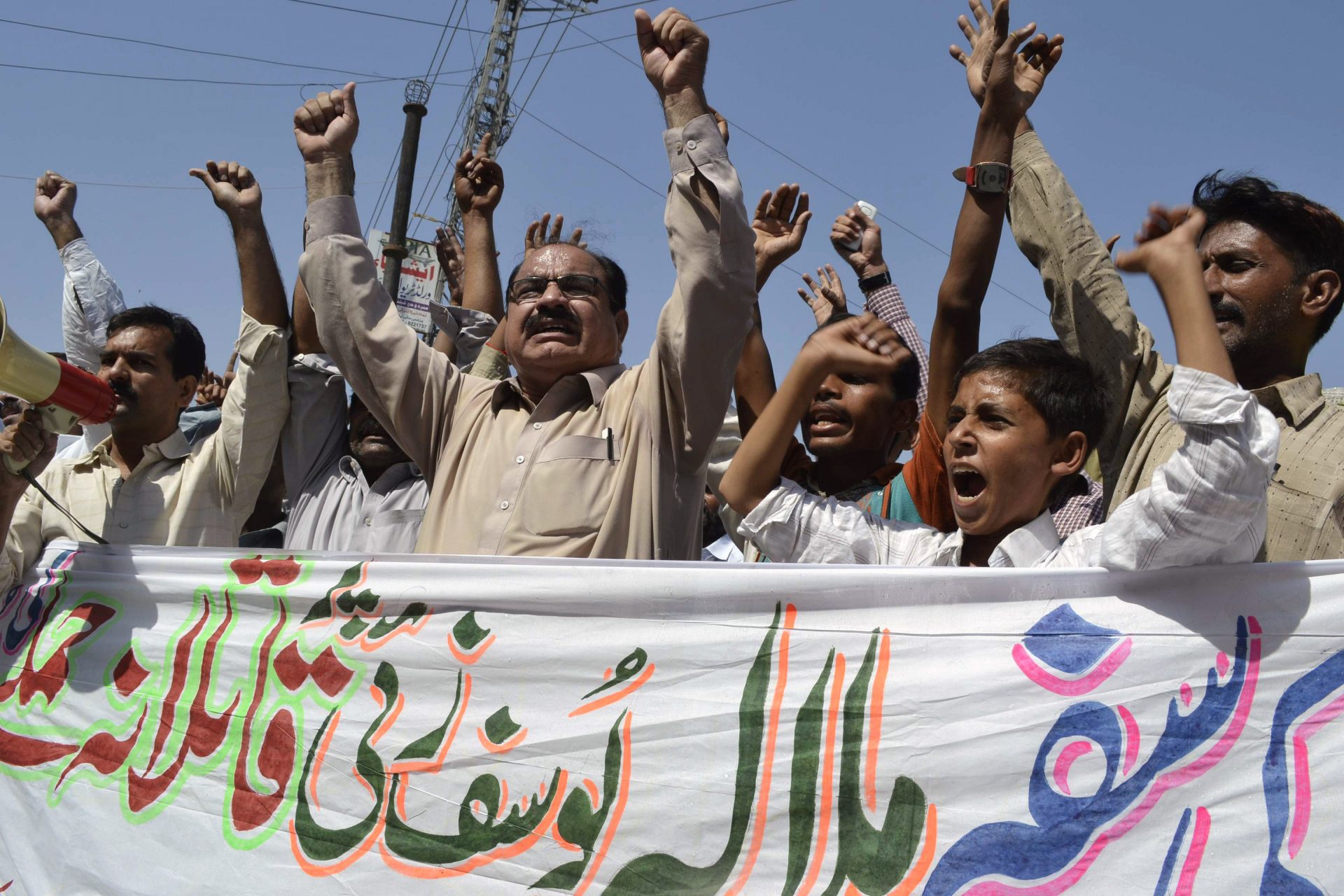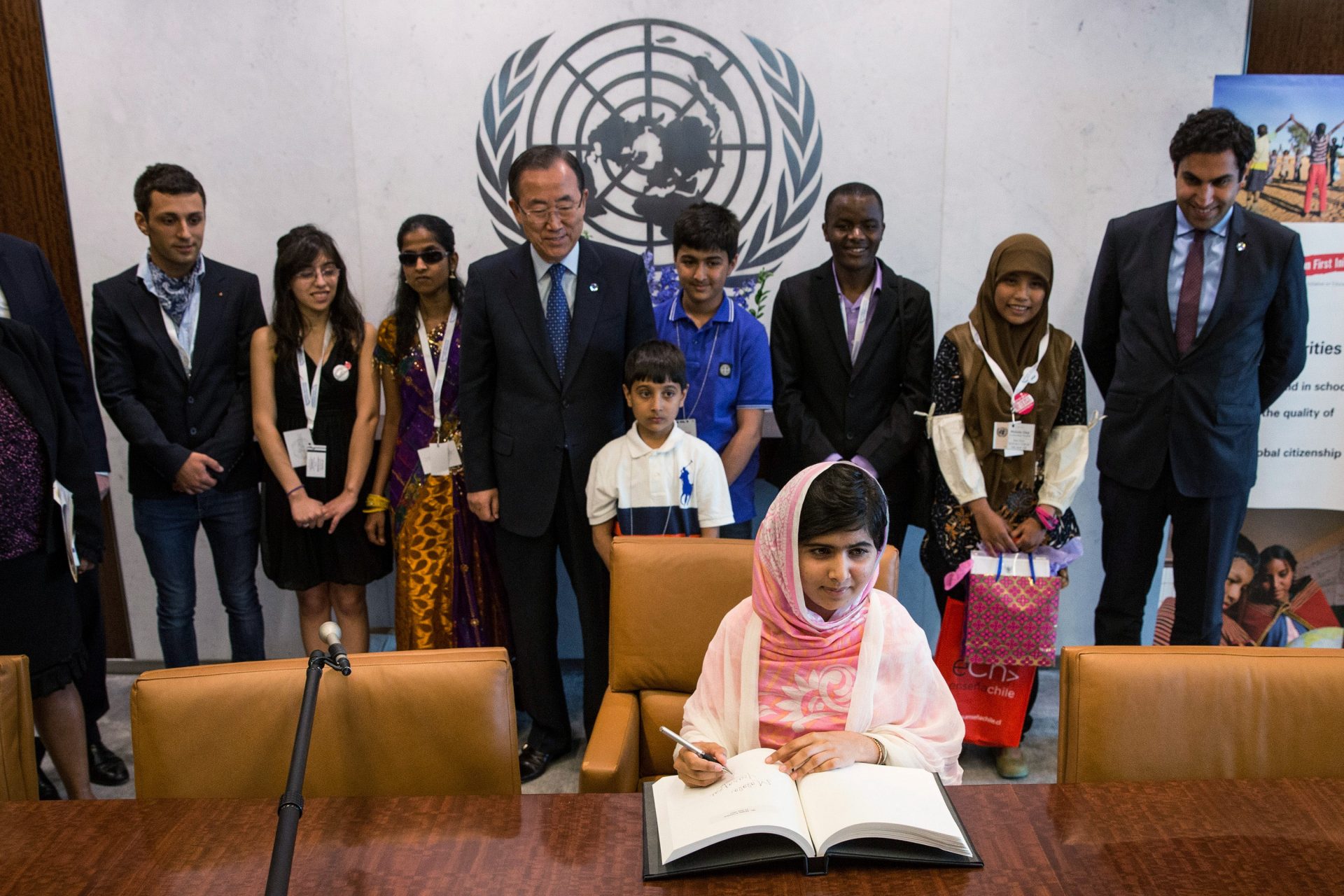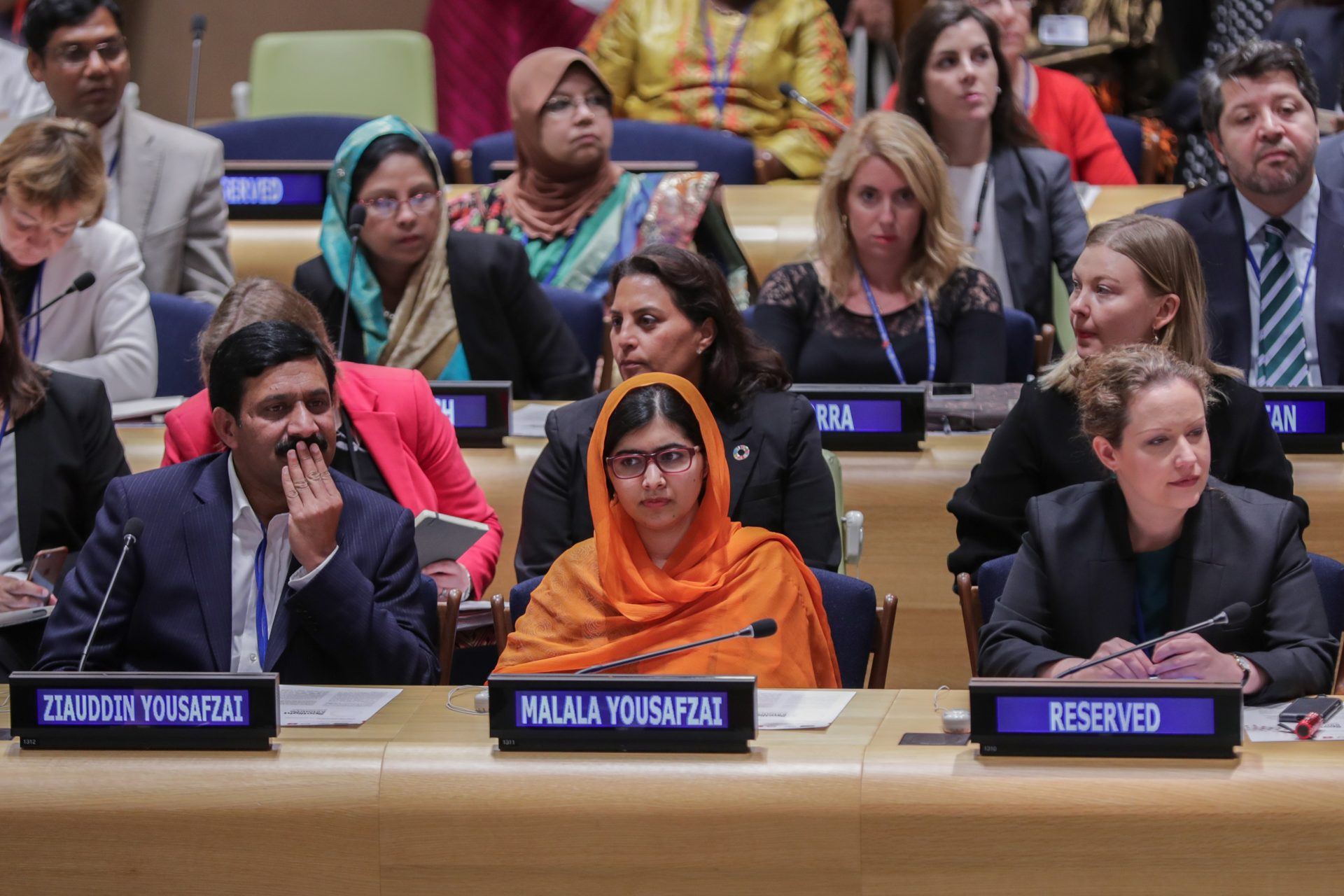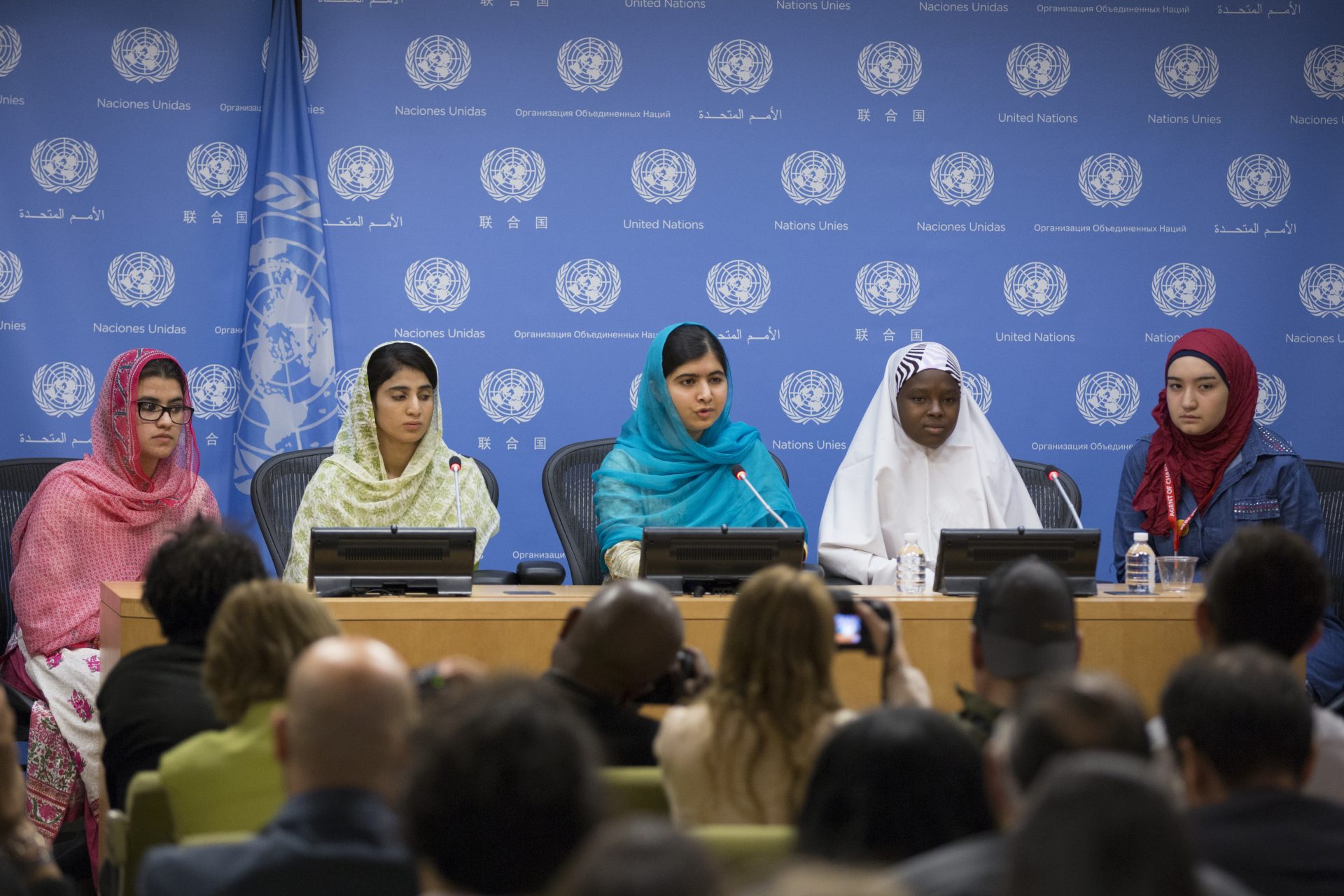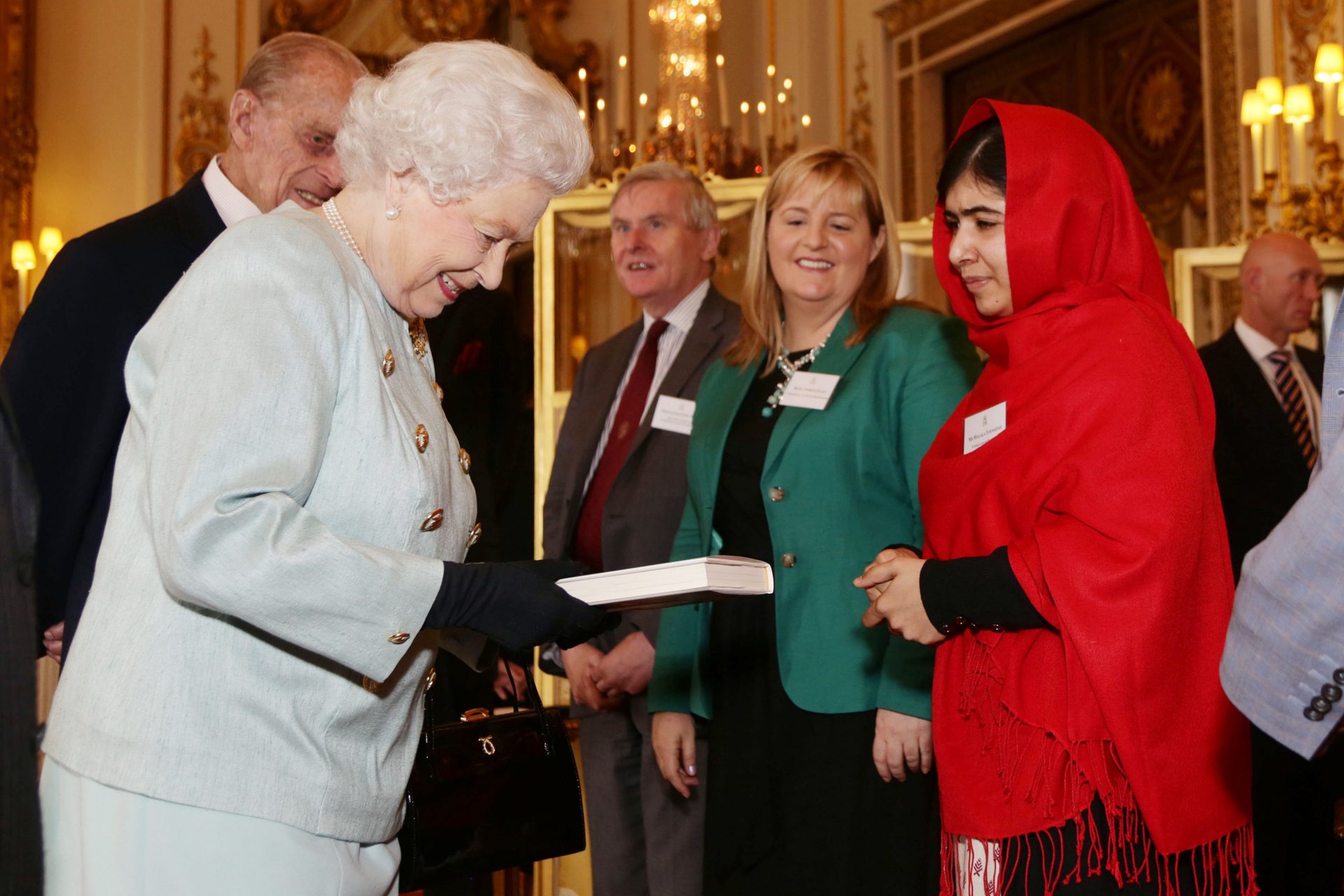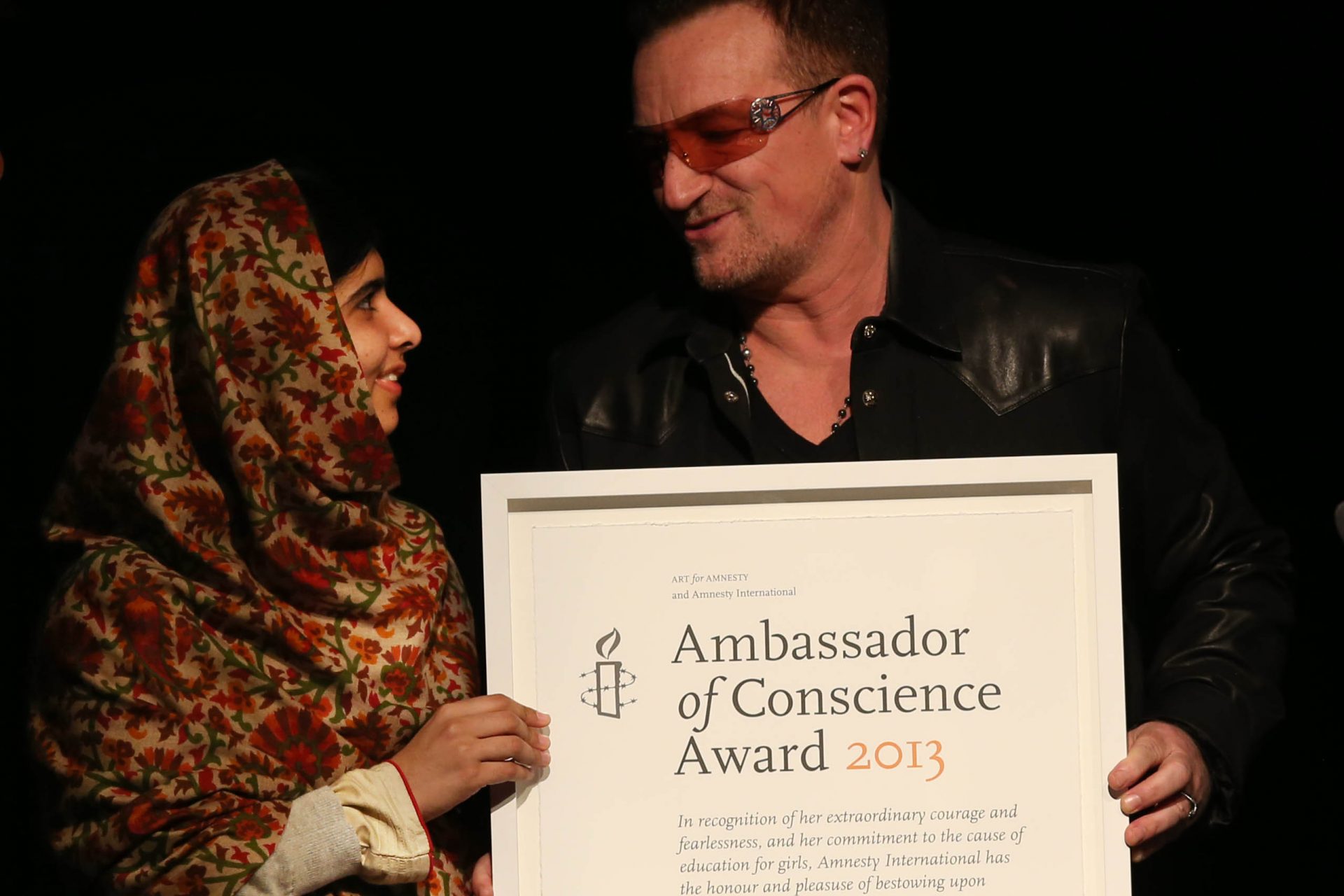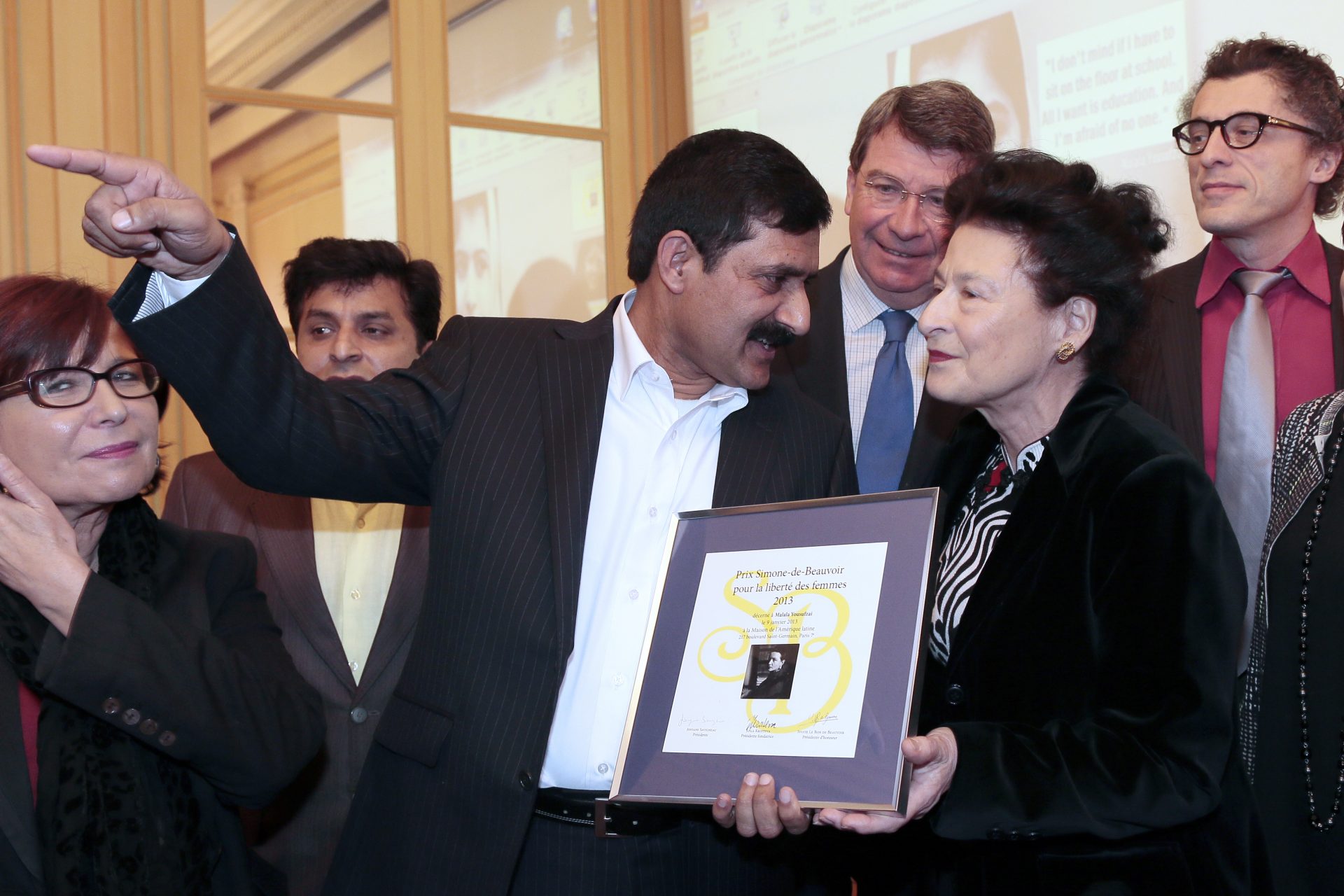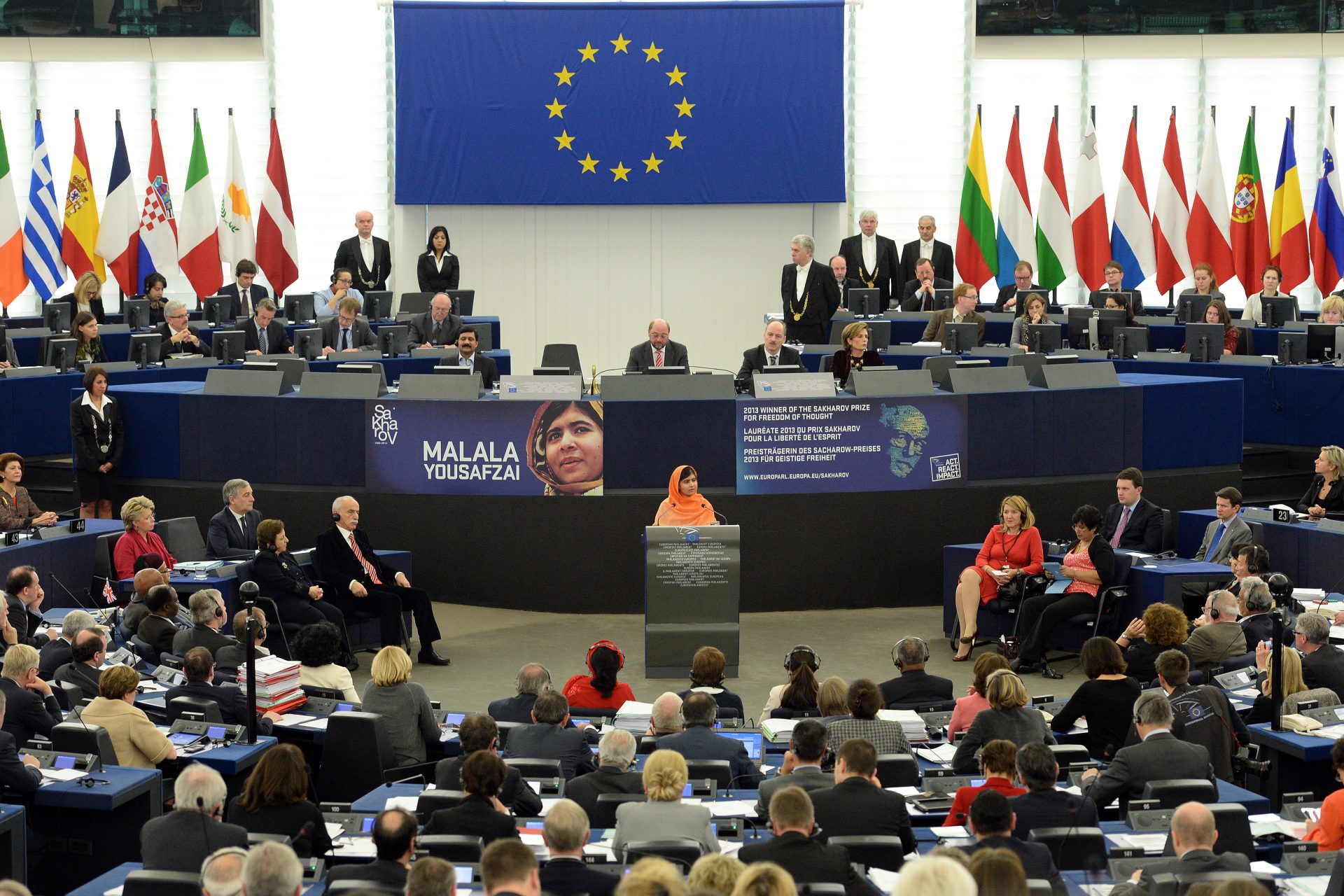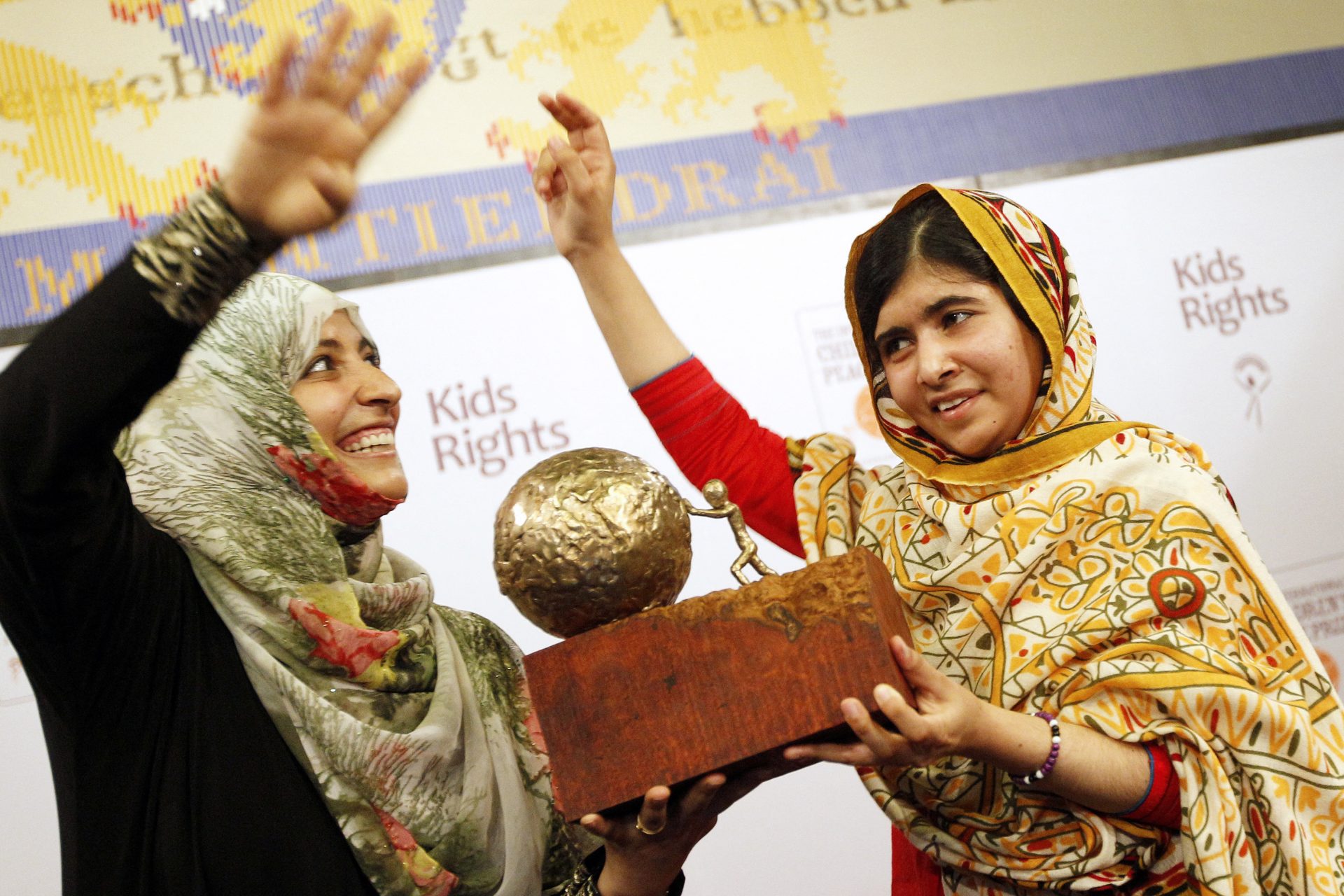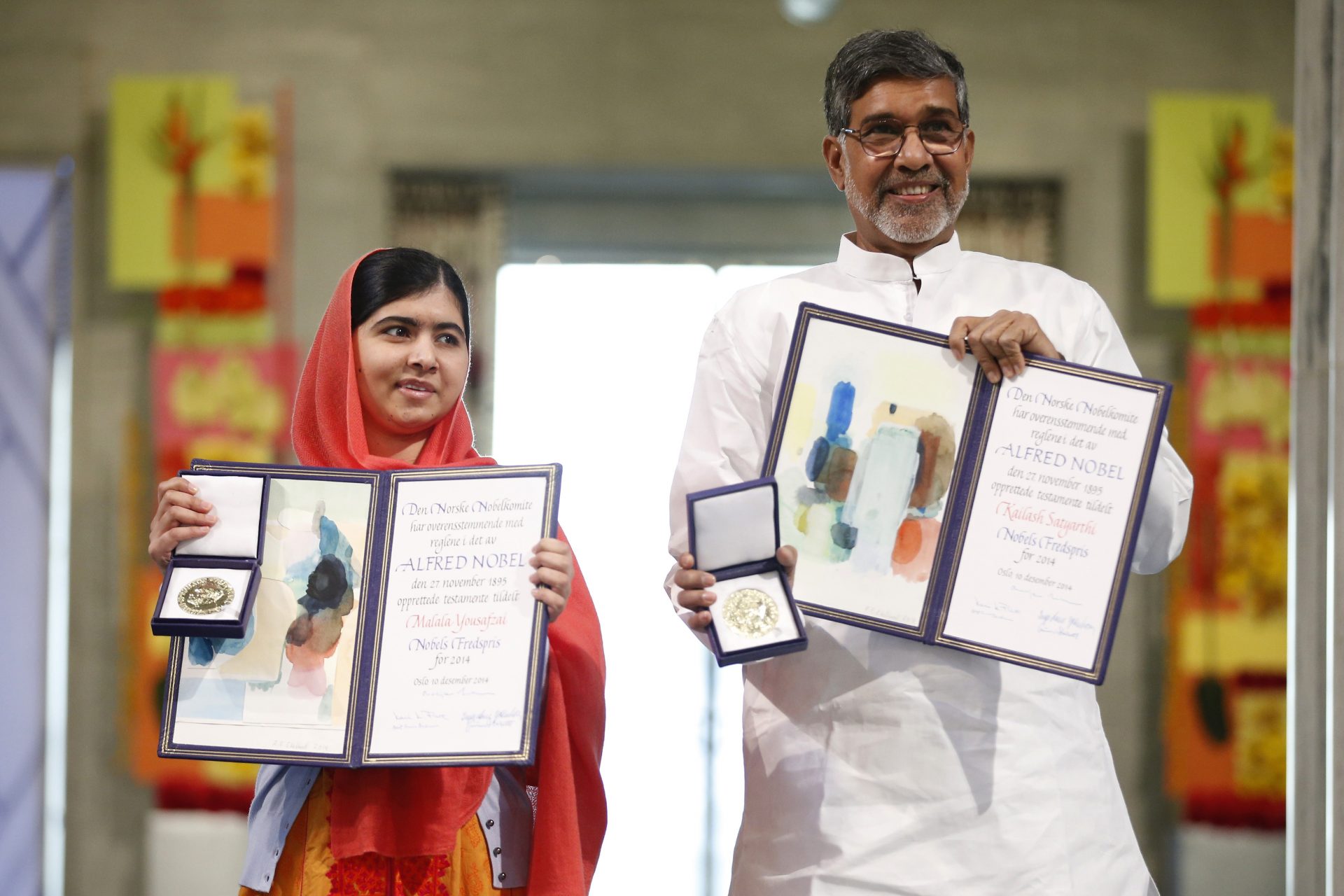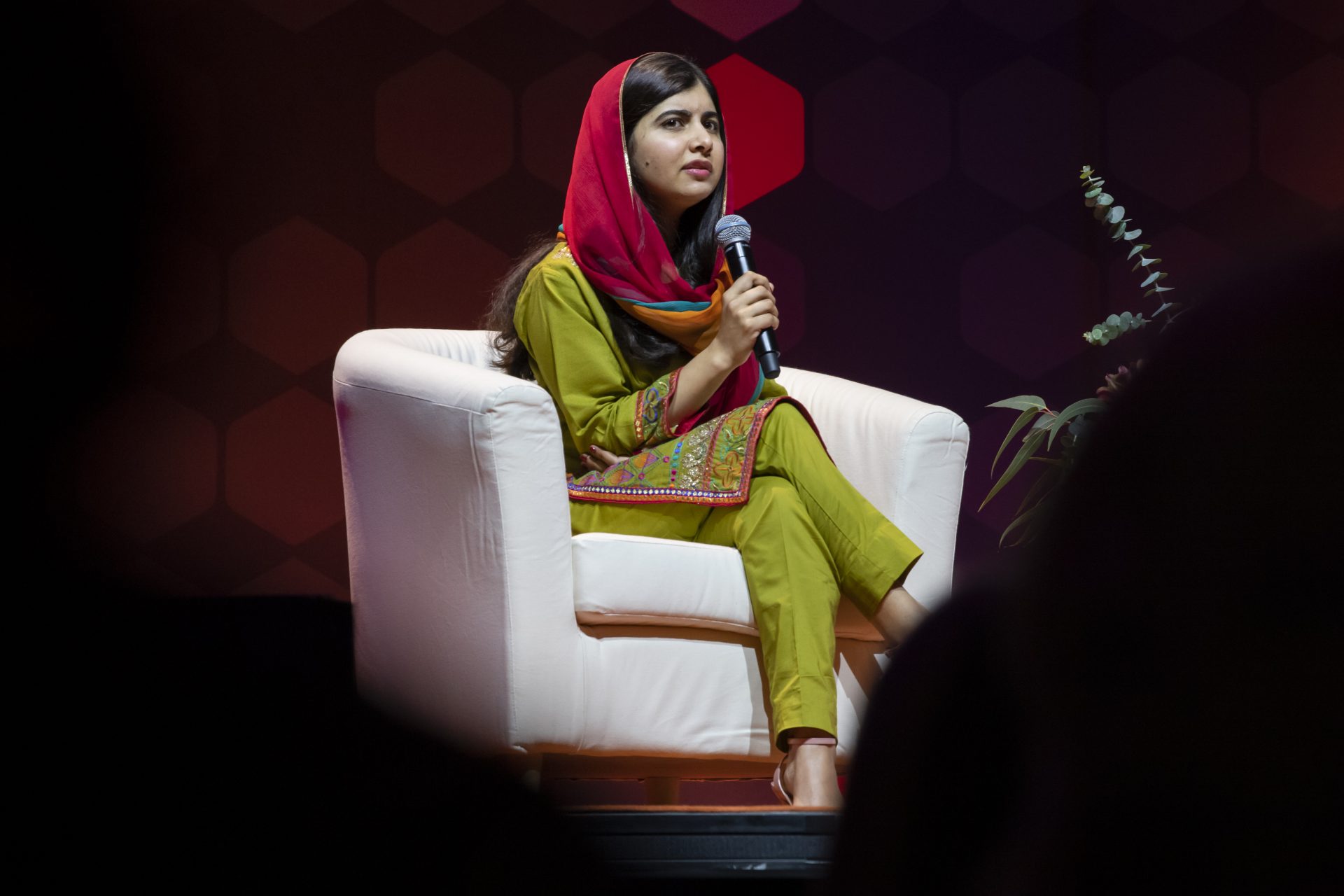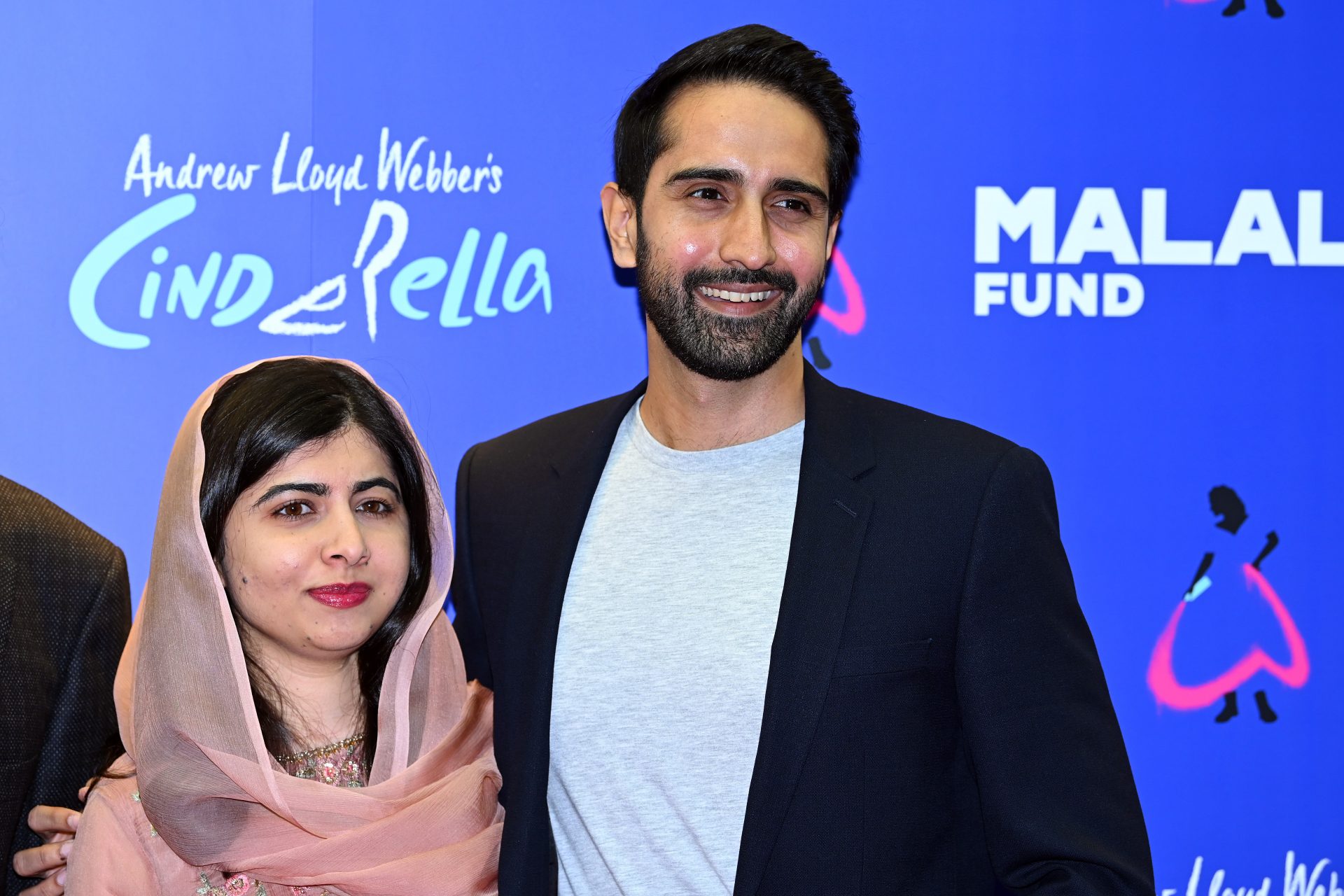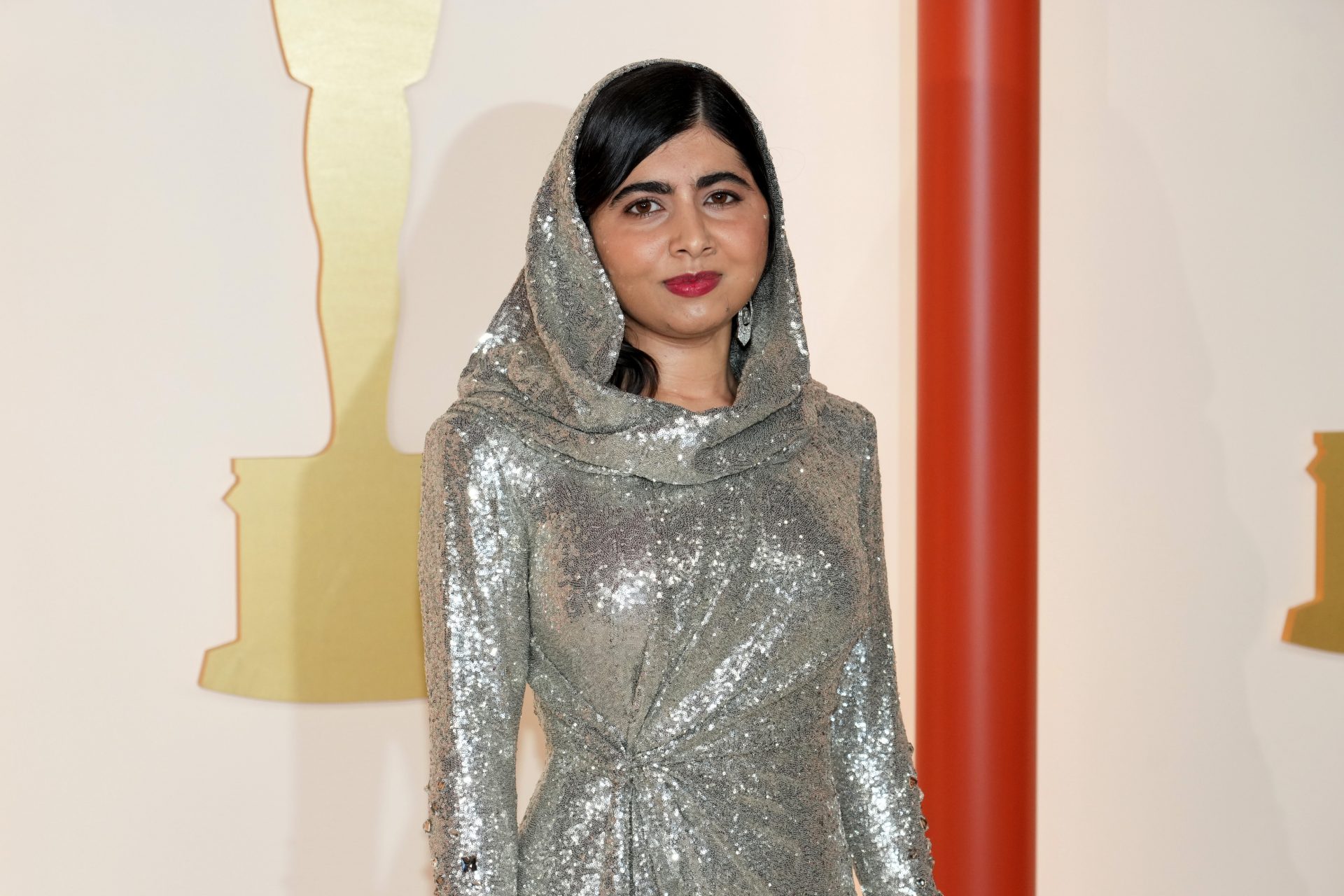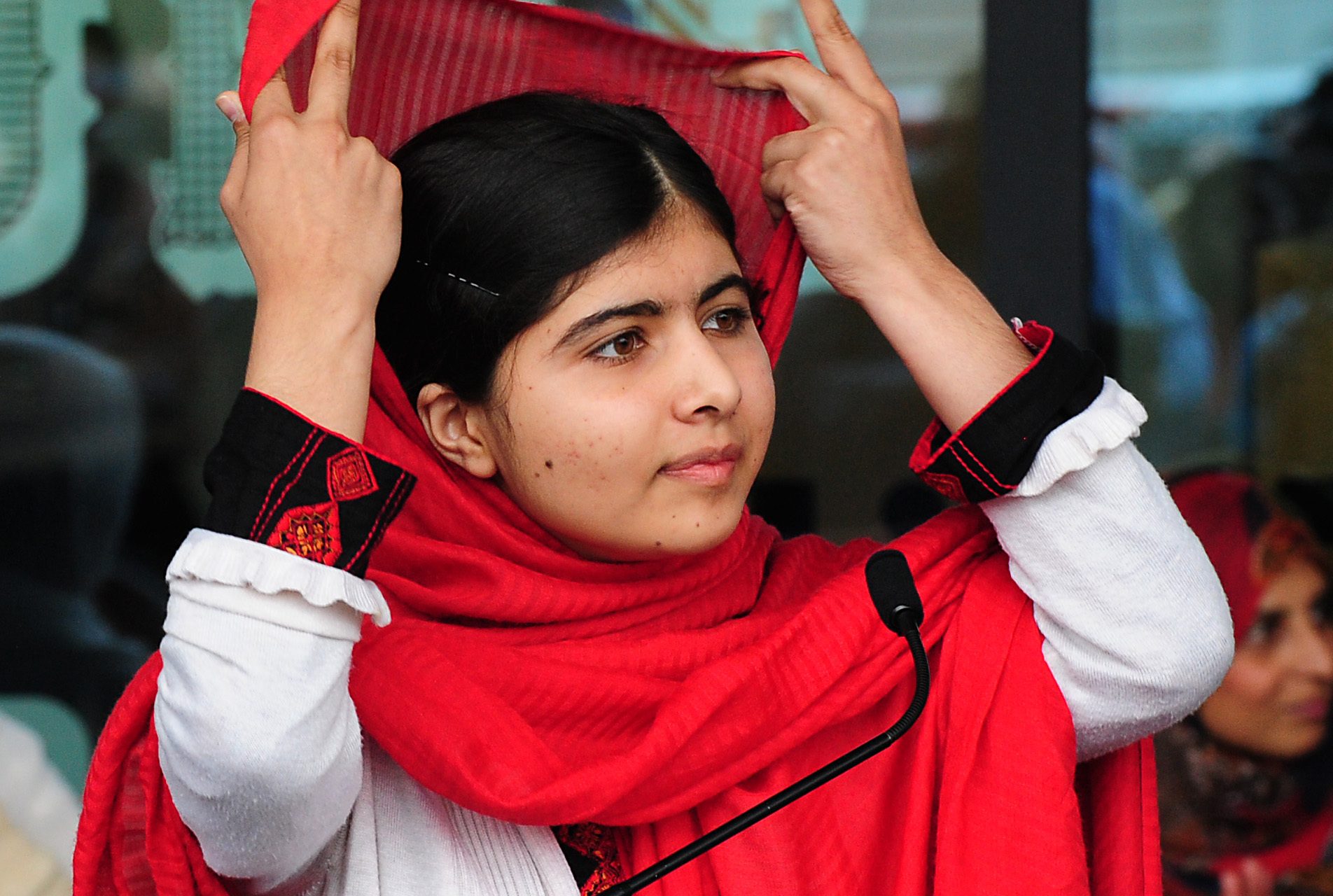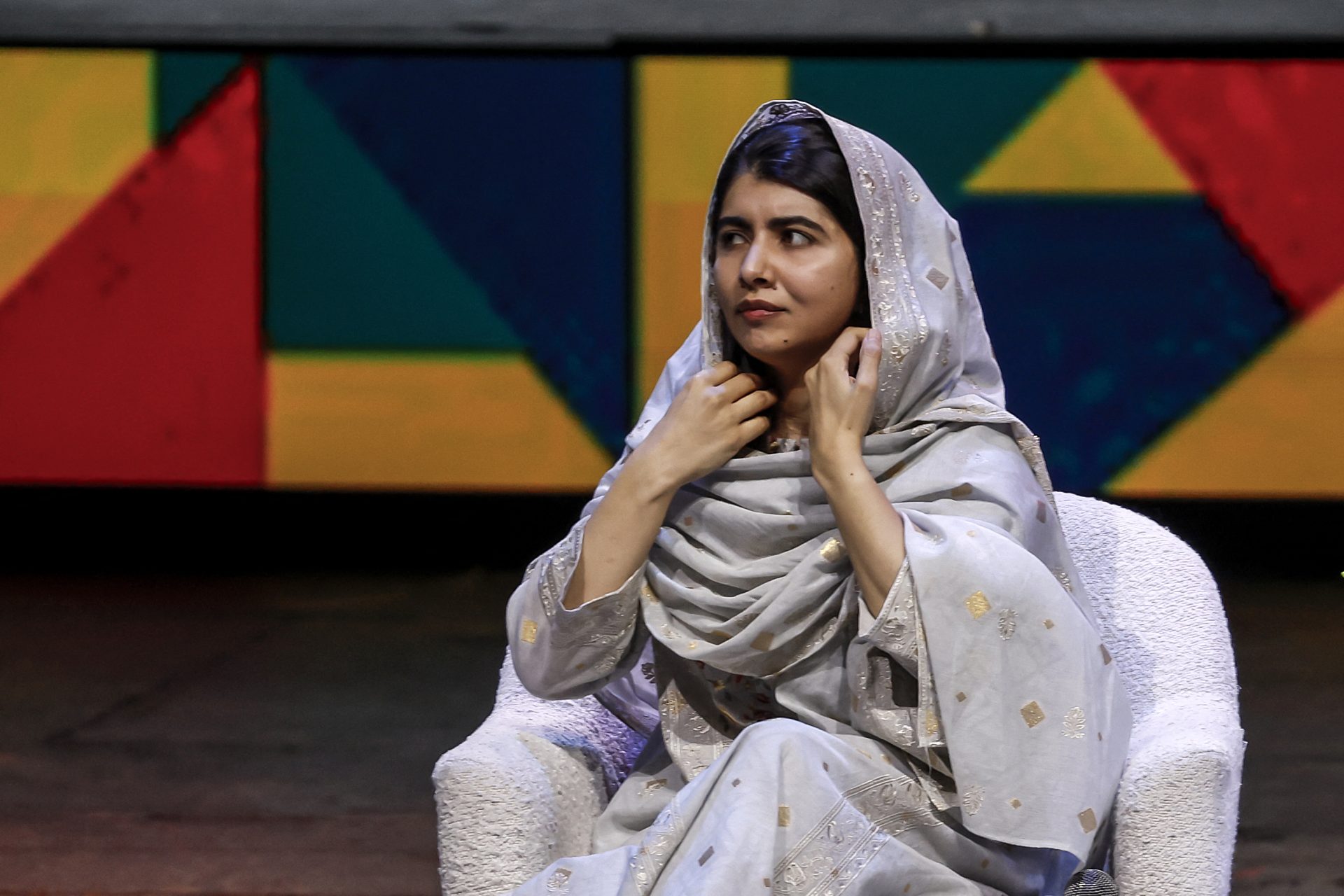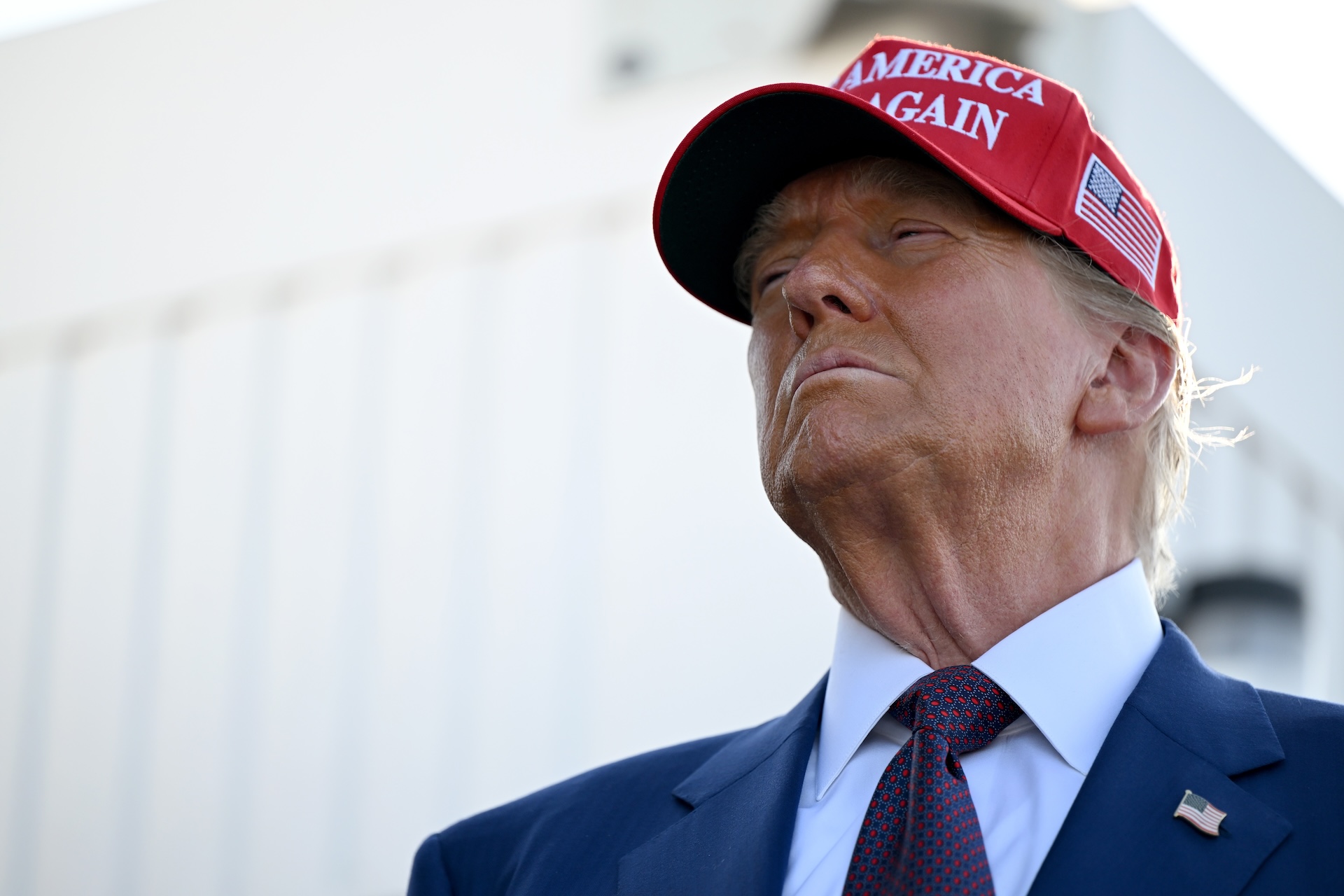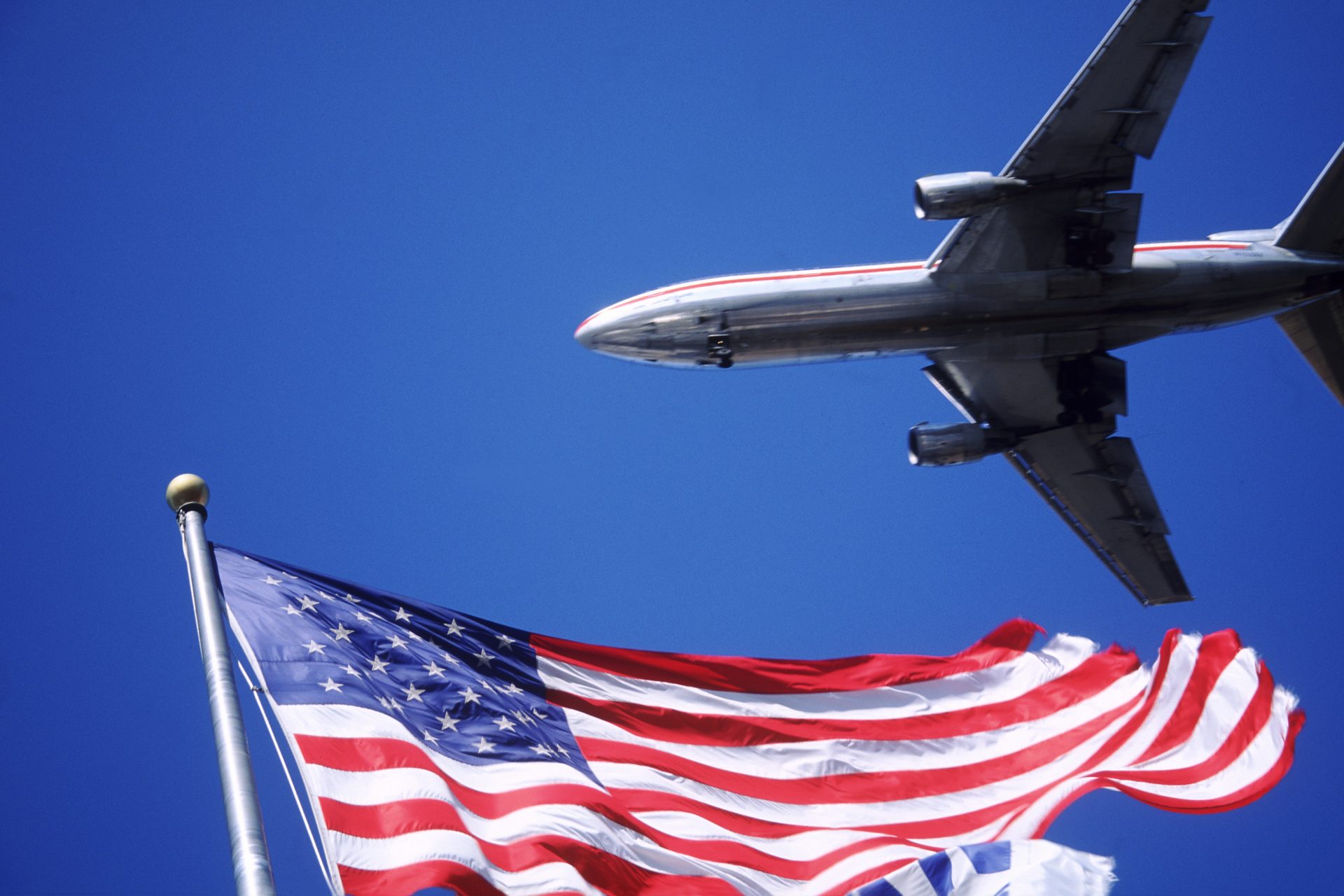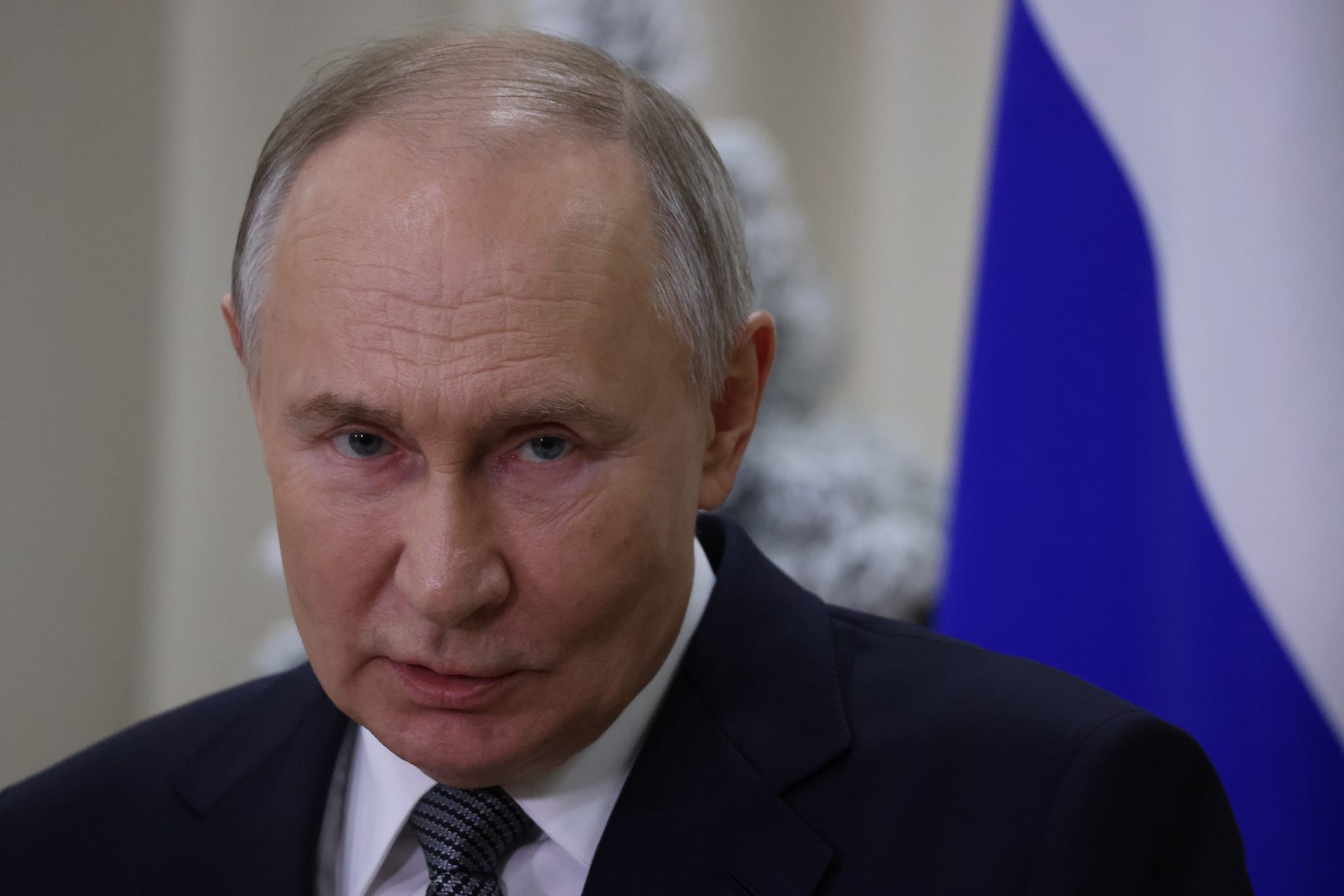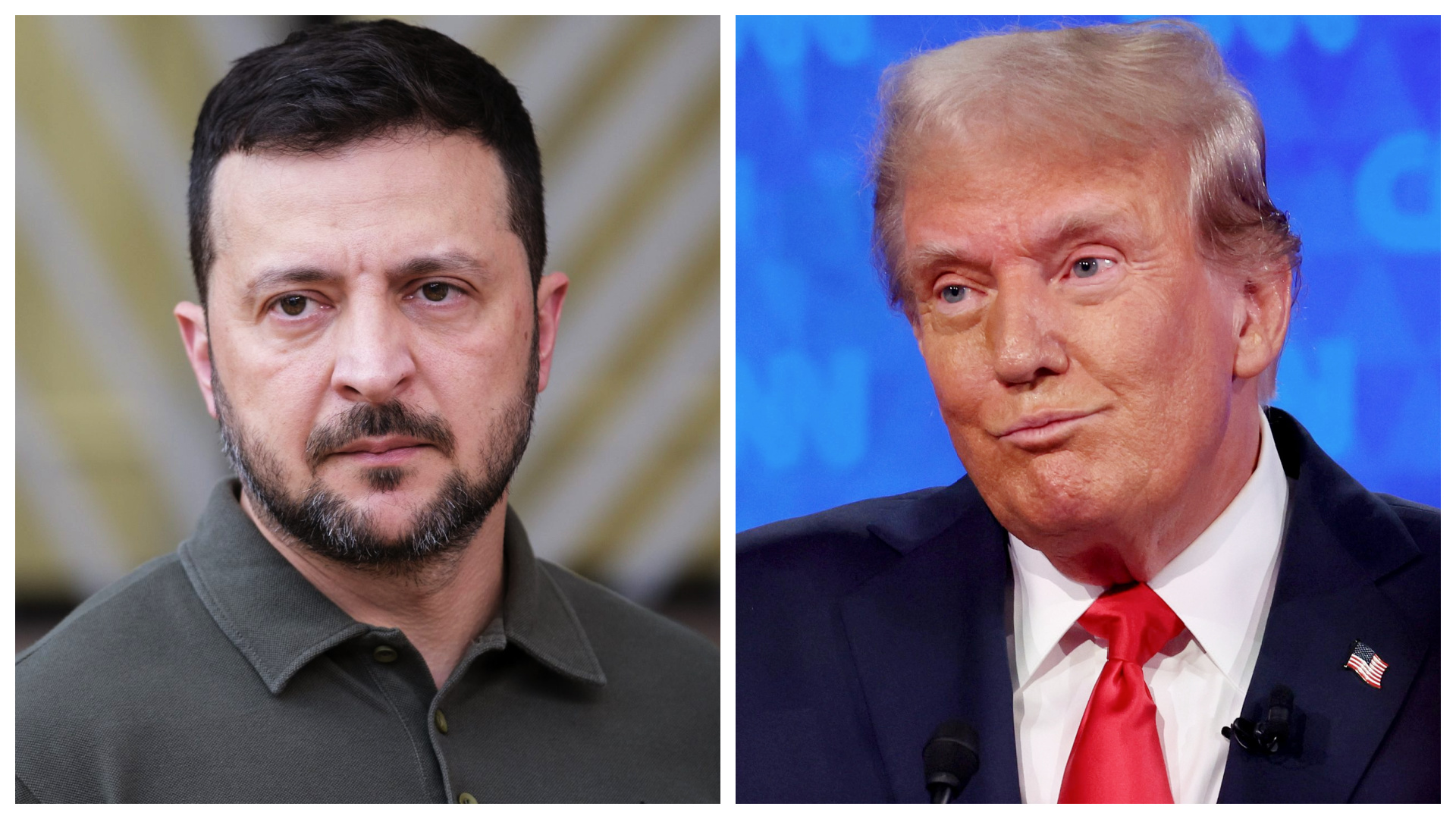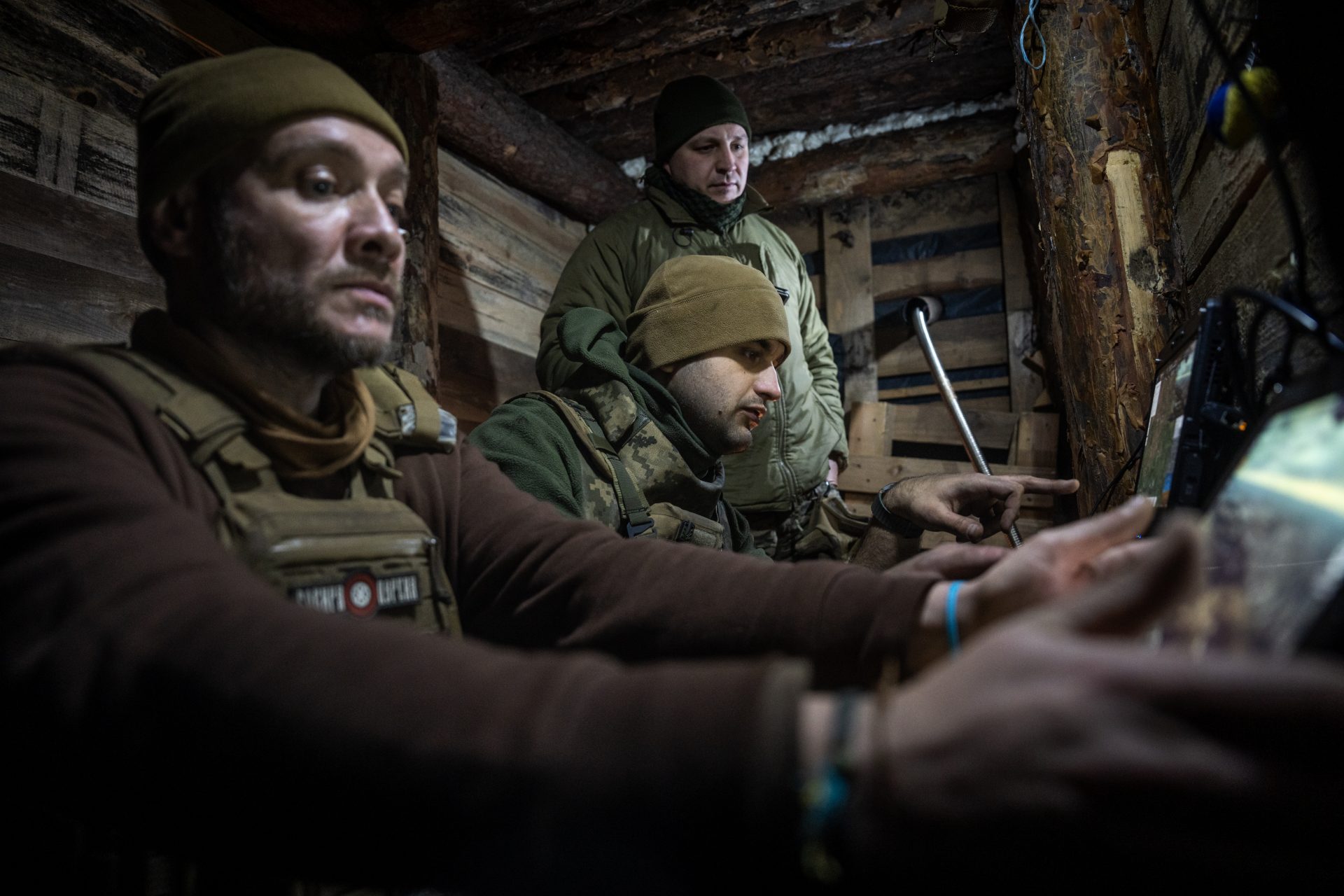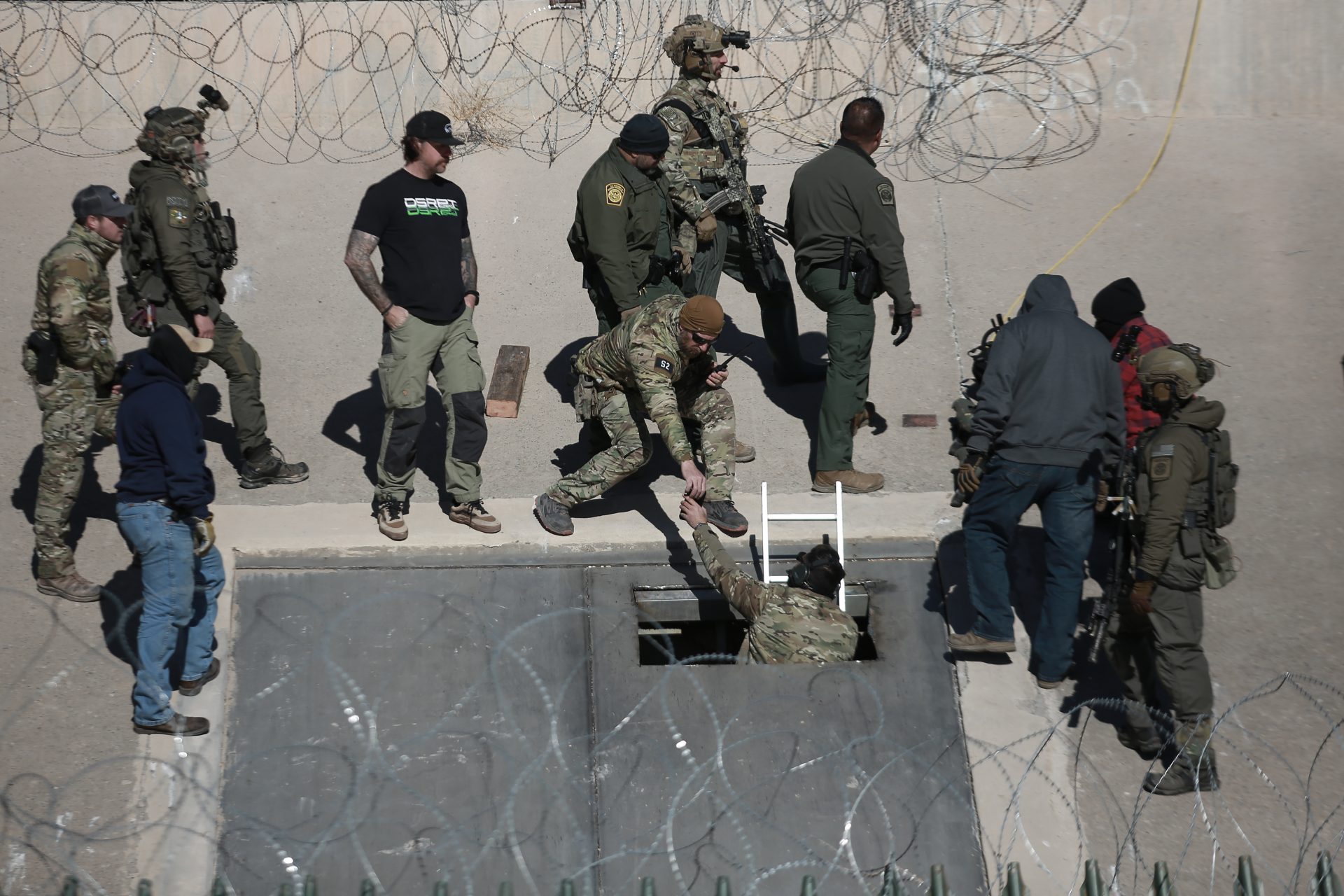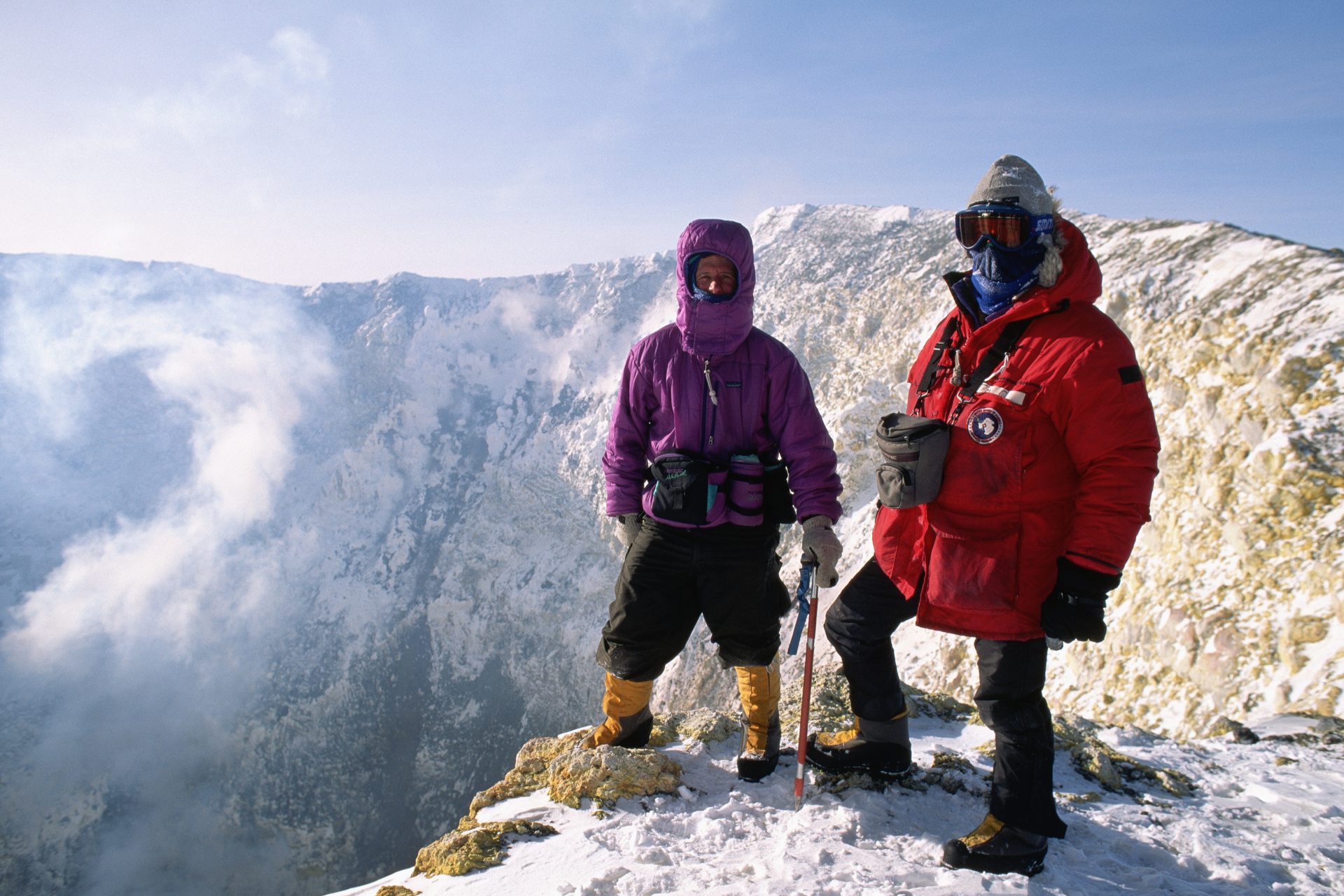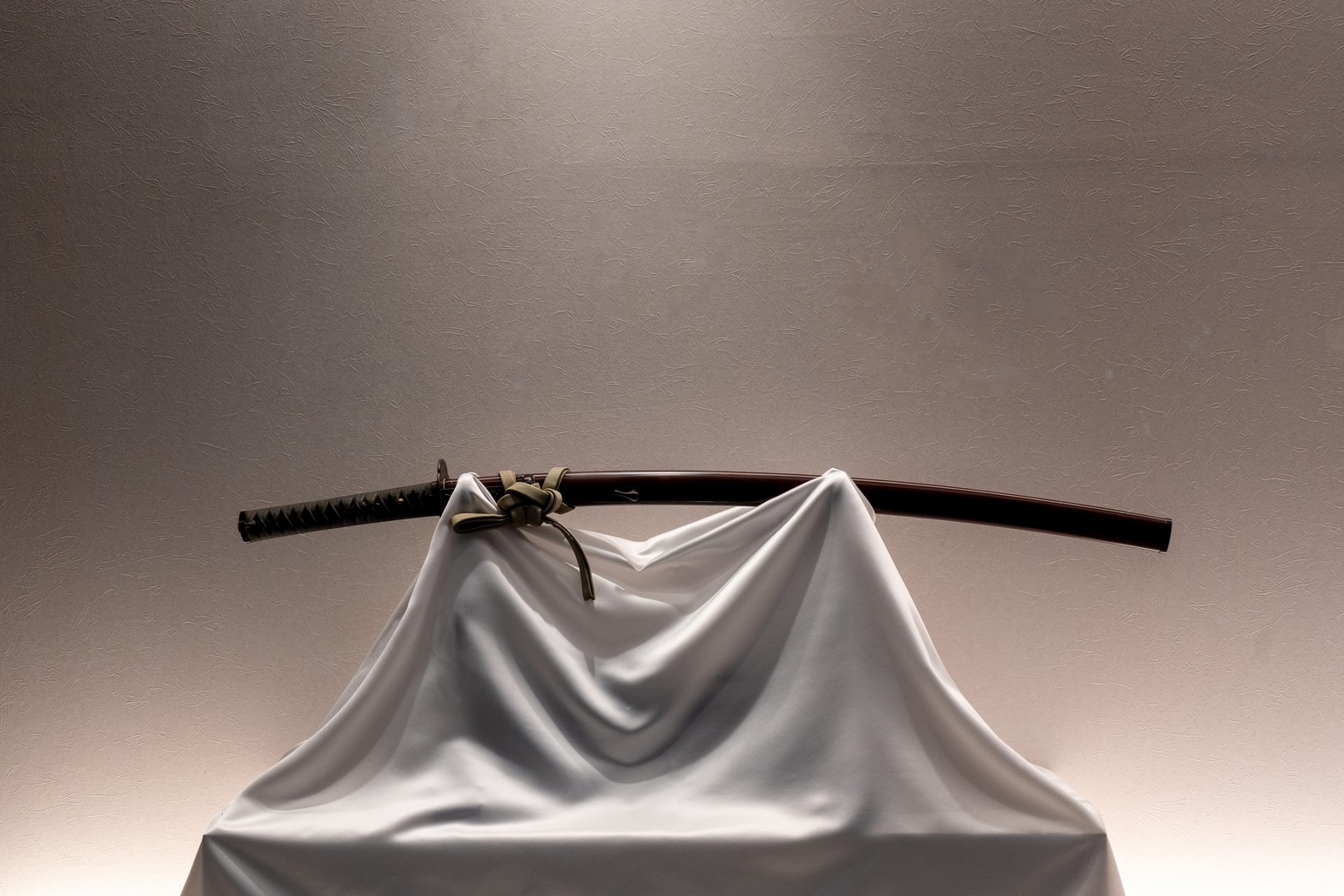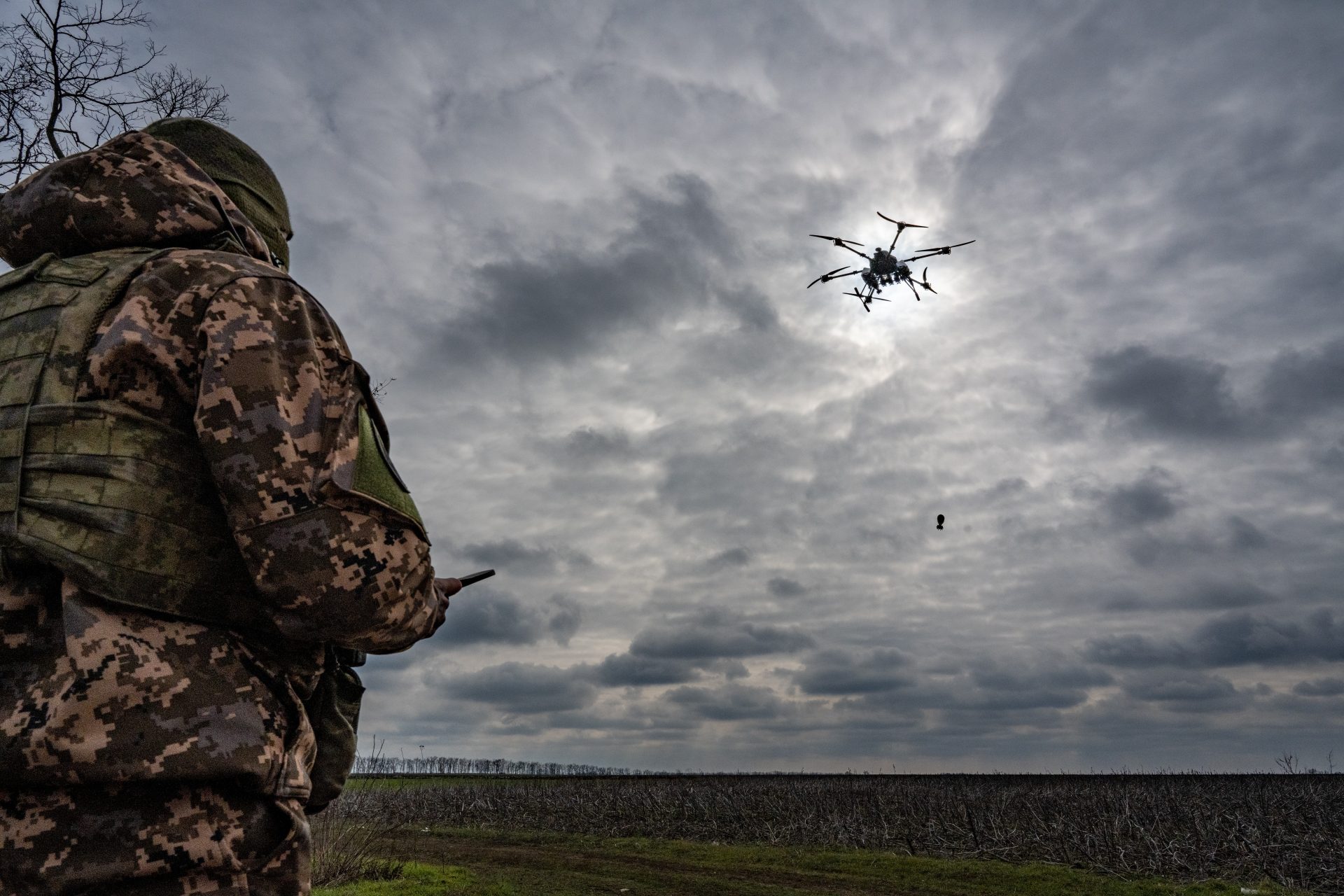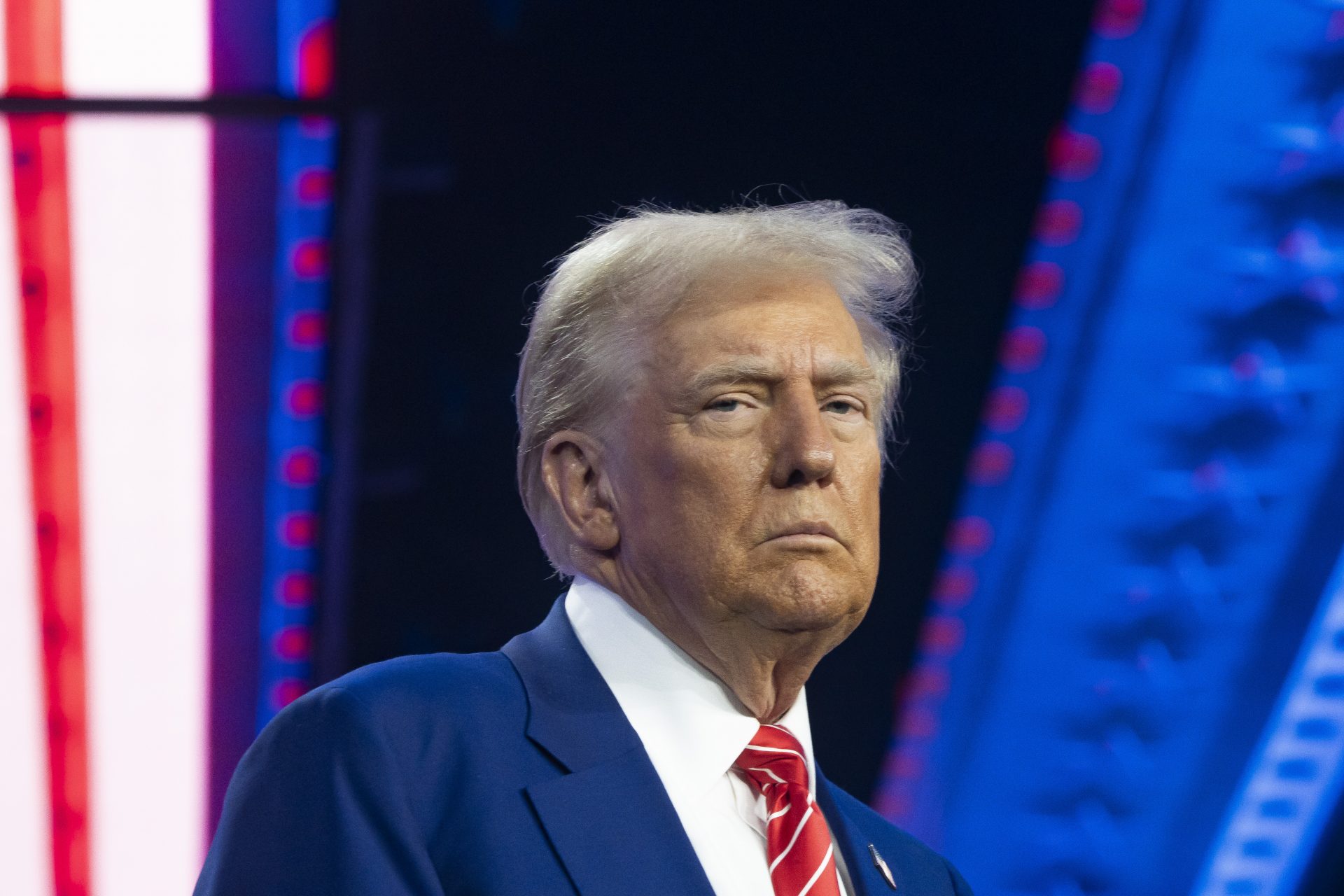Malala Yousafzai's Journey: From Taliban target to global human rights icon
Malala Yousafzai became a household name after she was attacked for her beliefs in October 2012. Her attack changed the world and turned Malala into a global symbol for female education. Let's look at her remarkable journey from Taliban target to human rights icon.
Since her initial activism in Pakistan, Malala survived a Taliban attack, became the youngest person to receive the Nobel Peace Prize, and graduated in Philosophy, Politics, and Economics from the University of Oxford.
Malala's impact continues to grow, she's even served as executive producer of an Oscar-nominated short film in 2023. Follow along, as we tell you all about the exciting details of this young woman's extraordinary life.
Malala was born on July 12, 1997, in Mingora, Swat district, Pakistan, into a Sunni Muslim family of Pashtun ethnicity. Her childhood was marked by a strong emphasis on education, influenced by her father, Ziauddin Yousafzai, who ran a school and promoted equal education for all children.
In 2007, the Taliban took control of the Swat Valley, destroying around 170 schools, executing teachers who taught girls, and imposing draconian restrictions forcing women to stay in their homes, according to a Pakistani military report and various sources.
In the midst of the chaos that reigned in the Swat Valley, Malala Yousafzai, just 11 years old, began writing an anonymous blog for the BBC, challenging the Taliban regime with her brave account of life under their rule.
Through her pseudonym 'Gul Makai', she shared her experiences and the difficulties faced by girls in her community, becoming a bold voice in defense of education and human rights.
Malala's activism catapulted her to fame in Pakistan, where she began giving speeches and participating in protests advocating for education for girls.
In 2011, Malala received the Pakistani government's first National Youth for Peace Award, presented by Prime Minister Yousuf Raza Gilani. This award was later renamed the "Malala Award".
Malala was nominated for the KidsRights Foundation International Children's Peace Award in 2011.
Malala's growing fame as an activist for girls' education angered the Taliban. This is how Malala's name came to appear on a list of Taliban targets, it was a chilling foreshadow of what the young girl's future would hold.
According to El Mundo, Malala exclaimed in surprise: "But I'm just a girl! They wouldn't attack a girl, would they?" However, on October 9, 2012, her worst fear came true when she was shot in the head while riding the bus home from school. She was only 15 at the time.
According to BBC News, after the attack, Malala Yousafzai was hospitalized in Peshawar and transferred to Islamabad. She was then taken to Birmingham, England, where she awoke from an induced coma.
Upon regaining consciousness, the first thing Malala said according to her own recollection in a 2013 article for Time magazine was: "Thank God I’m not dead."
The assassination attempt shocked the national and international community, generating strong support for Yousafzai. In the image, Pakistani girls can be seen praying for Malala's recovery.
Following the brutal attack on Malala, national leaders and human rights activists in Pakistan strongly condemned the act of violence. The incident sparked outrage and united diverse communities in support of Malala and the fight for the right to education, with demonstrations and petitions for a safe environment for girls.
After undergoing several operations to restore her hearing and repair a facial nerve, Malala took a significant step in her recovery. At age 16, she celebrated her birthday with a powerful speech to a youth assembly at the United Nations headquarters in New York, where she demonstrated her resilience and determination by advocating for the right to education for all children.
The same year she founded the Malala Fund, an international nonprofit organization that promotes girls' education globally. In the image, Malala can be seen participating in the Education 2030 event at the UN headquarters in New York in 2017.
Since the creation of the Malala Fund, the fund has supported advocates and activists in countries including Afghanistan, Brazil, Ethiopia, India, Lebanon, Nigeria, Pakistan, and Turkey, combating barriers that prevent girls from attending school.
In 2017, Malala also published her autobiography, "I Am Malala: The Young Woman Who Fought for Education and was shot by the Taliban." The book tells her remarkable story in 5 sections. Here, Malala hands a copy of her book to Queen Elizabeth II and Prince Philip, Duke of Edinburgh, during a reception in London.
As of 2013, Malala has participated in numerous international events, using these platforms to share her story and opinions, and becoming an influential voice in the fight for girls' education. Pictured, she receives Bono's 2013 Amnesty International Ambassador of Conscience award, during a ceremony at Dublin's Mansion House.
A recognition of her dedication to girls' education and women's rights in Pakistan. In the image, her father, Ziauddin Yousafzai, accepts the award from Sylvie Le Bon de Beauvoir.
When she was just 16 years old, Malala received the European Union's Sakharov Prize for Human Rights in 2013, becoming the youngest recipient in the prize's history. The ceremony coincided with World Children's Day and was attended by 21 previous laureates.
Malala was also awarded the International Children's Peace Prize at the Ridderzaal in The Hague, Netherlands. The Yemeni activist Tawakkul Karman, winner of the Nobel Peace Prize in 2011, presented her with the award.
Malala Yousafzai received the Nobel Peace Prize, shared with the Indian activist Kailash Satyarthi. At 17, Malala became the youngest recipient in the history of this prestigious award.
In 2018, Malala addressed over 6,000 people at the ICC Sydney Theatre, in Sydney, Australia.
In 2021, Malala Yousafzai married Asser Malik, businessman and director of the Pakistan Cricket Board, in an intimate ceremony in Birmingham, United Kingdom, where she resides.
In 2023, Malala Yousafzai took on the role of executive producer and ambassador for the Oscar-nominated short film "Stranger at the Gate." In a statement released by TF1 Info, France, Malala described the film as a "powerful true story of forgiveness and redemption" and expressed her hope that it would inspire viewers to challenge their prejudices and practice compassion.
October 2024 marked the twelfth anniversary of her attack, Malala, as well as her organization The Malala Fund, were awarded with the 2024 Champion of the International Rule of Law Award by the American Society of International Law (ASIL) according to the Council on Foreign Relations.
Where Malala will go next and how she will change the world even further is still unknown, but this remarkable young woman's journey has helped to alter the course of women's rights and education all across the planet, and that is a powerful legacy.
More for you
Top Stories



